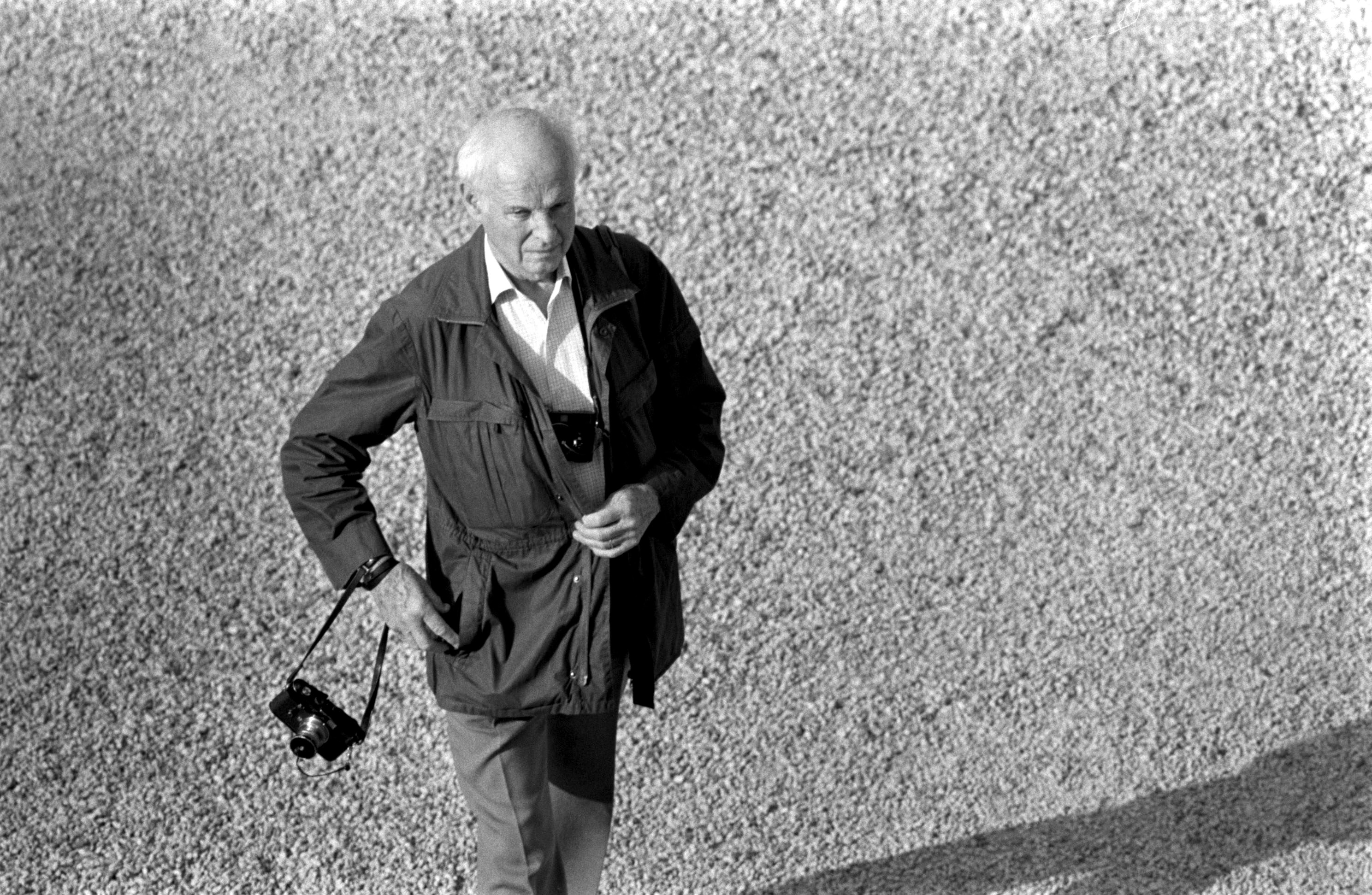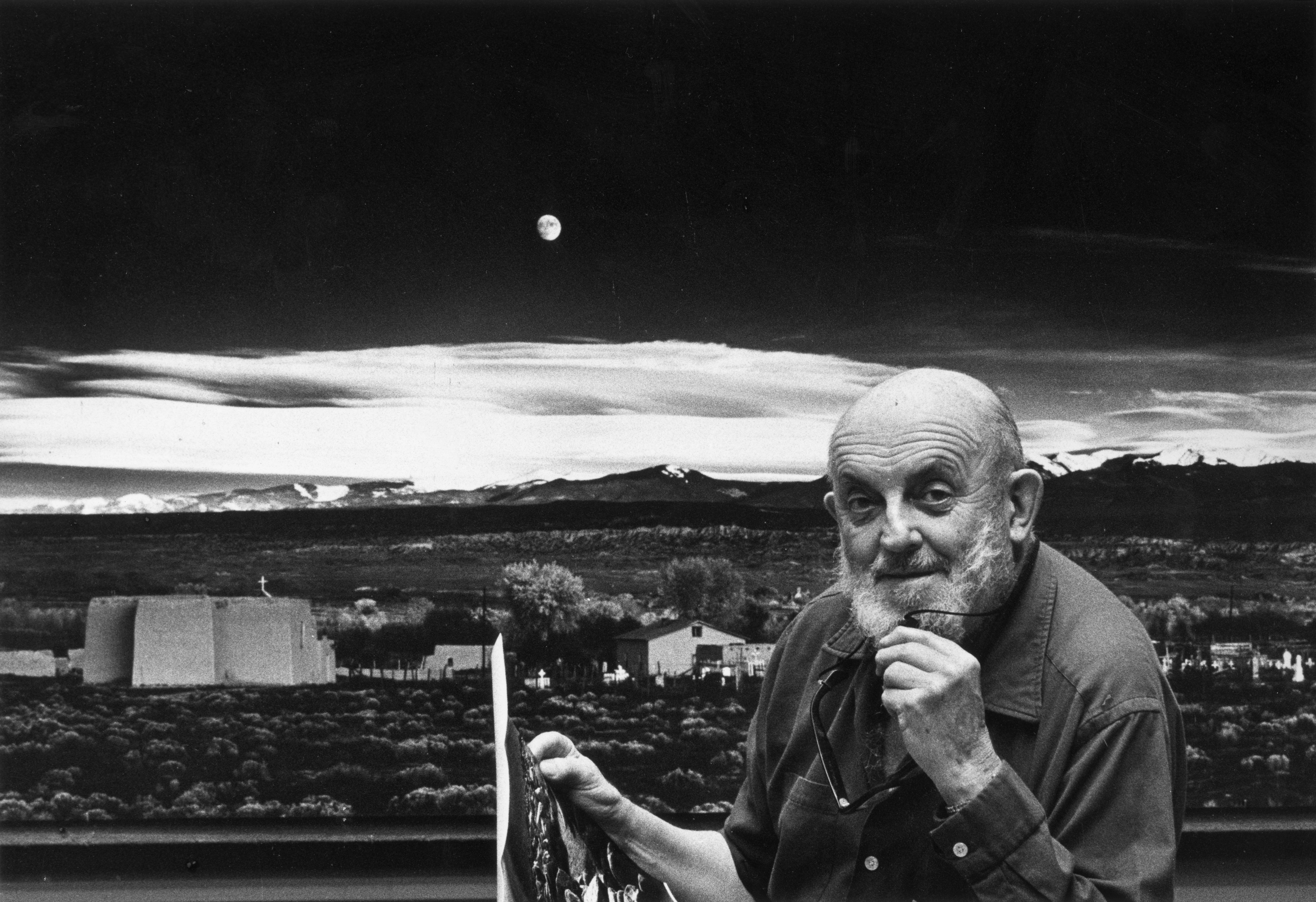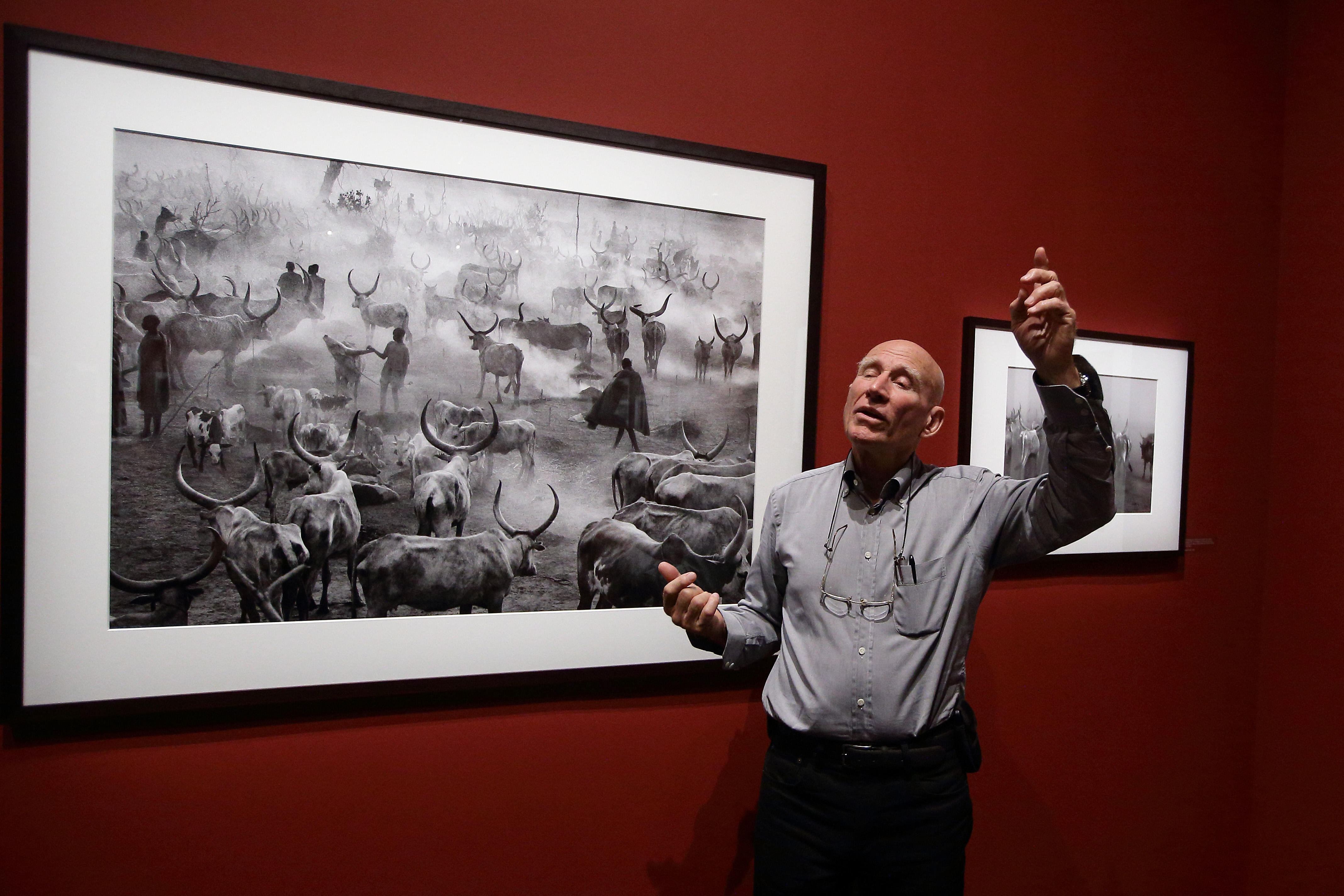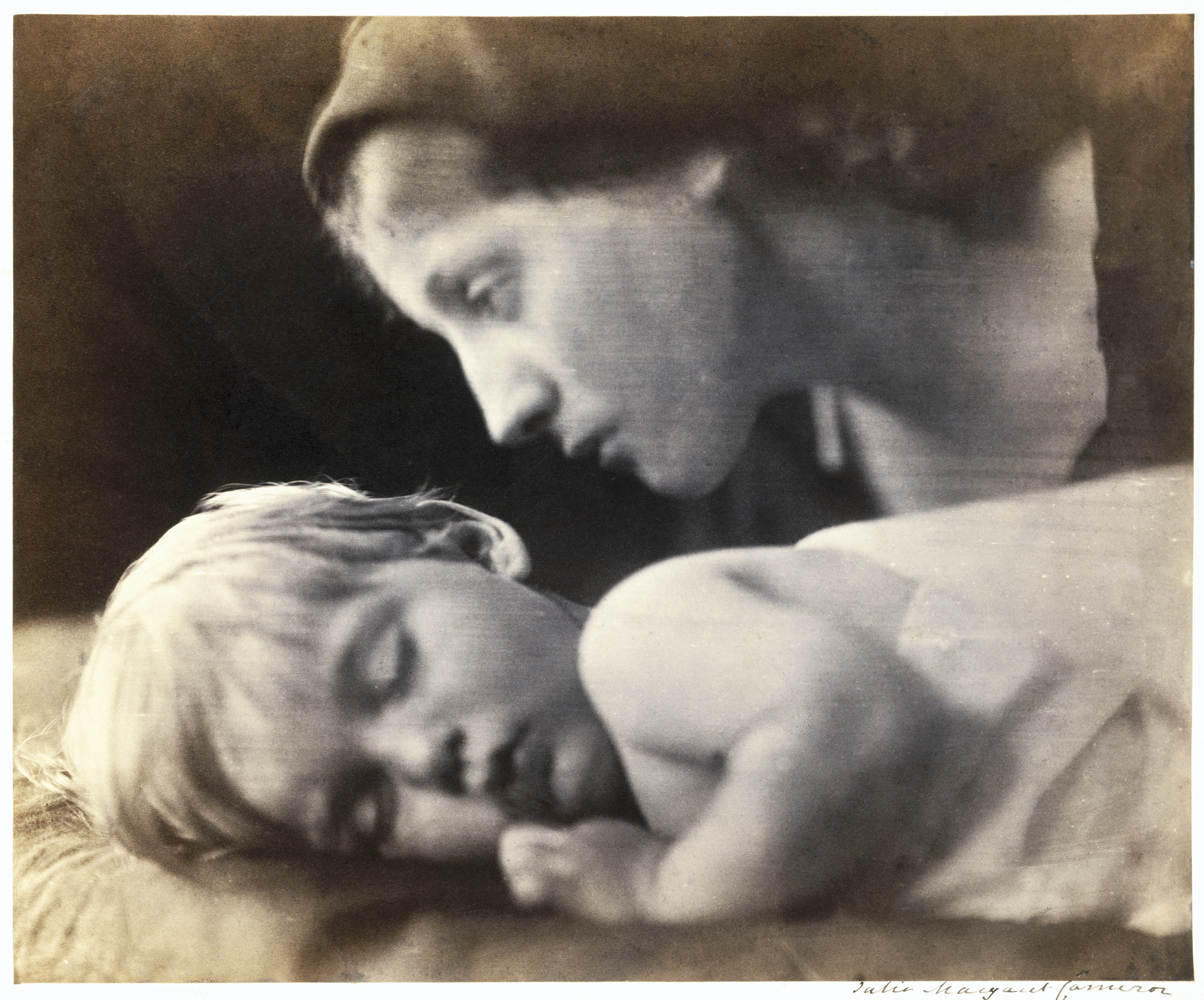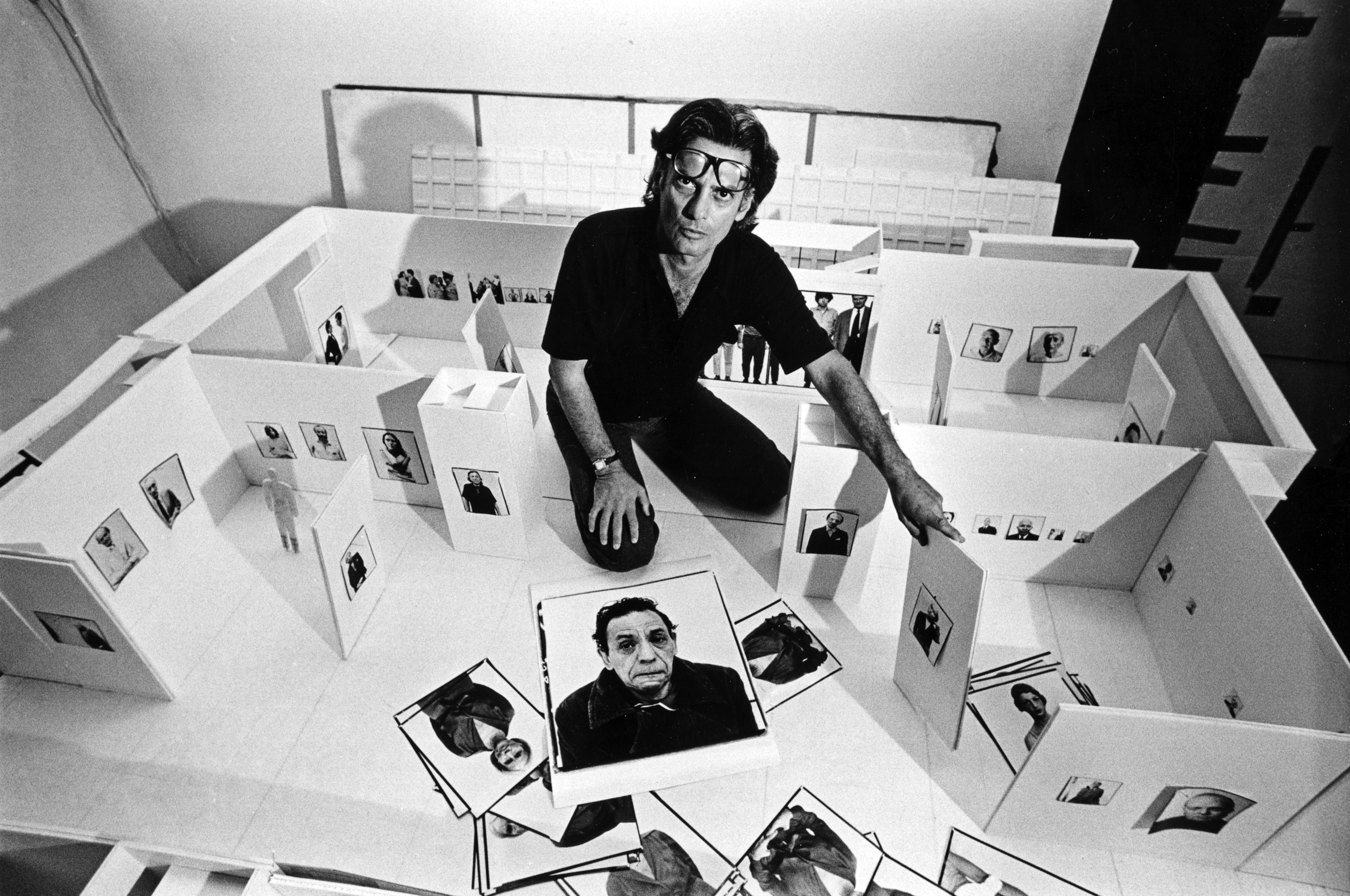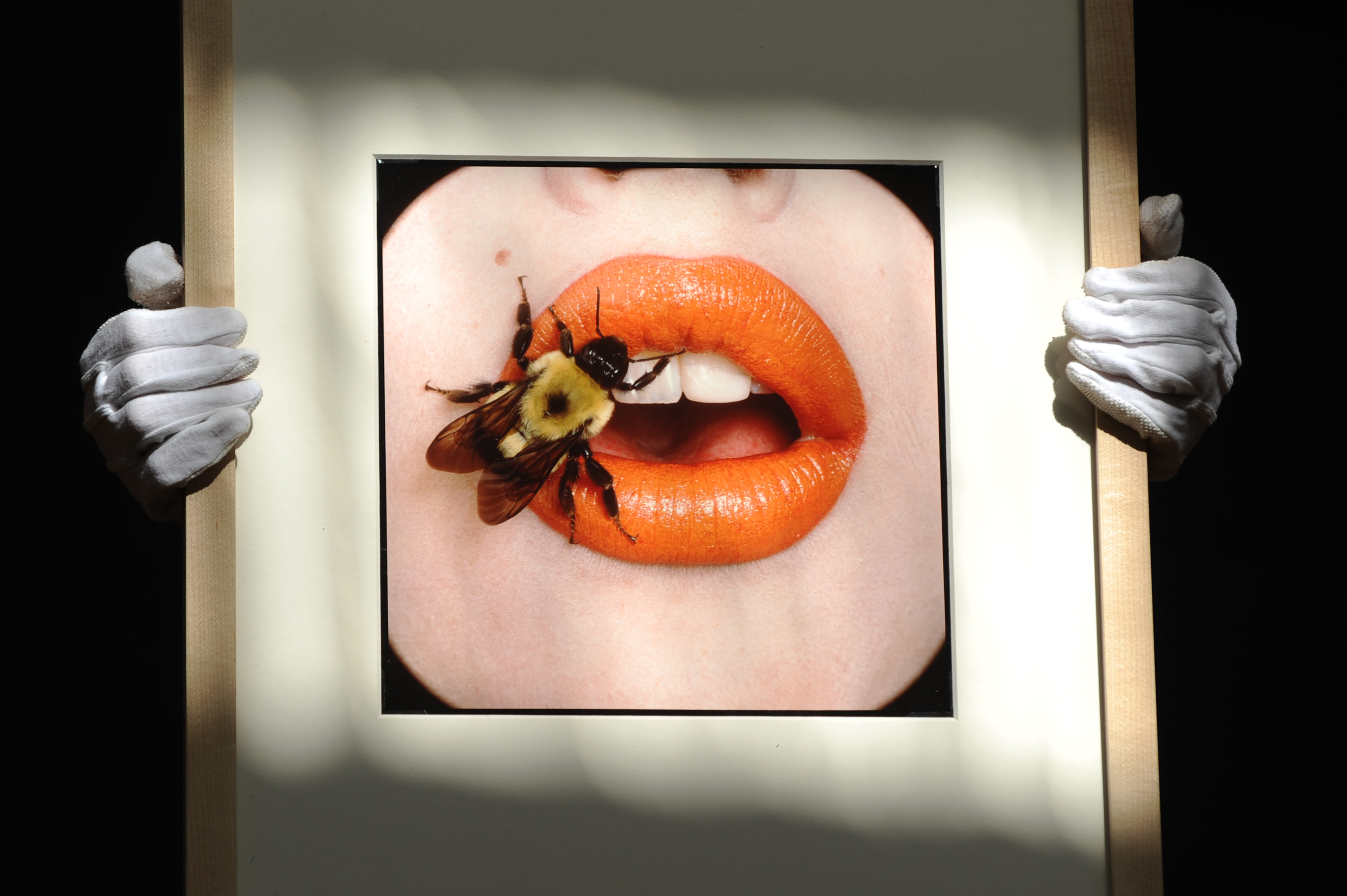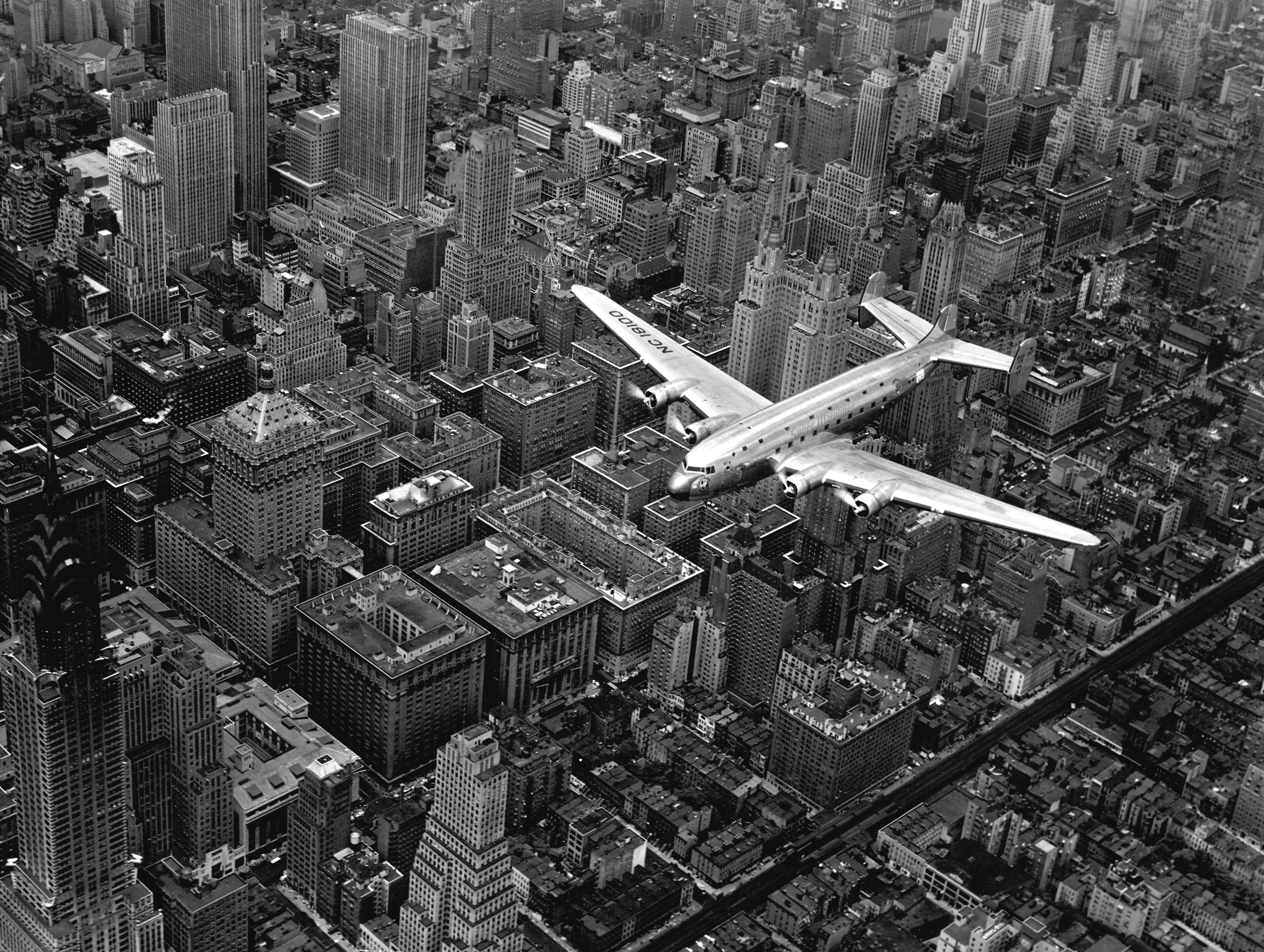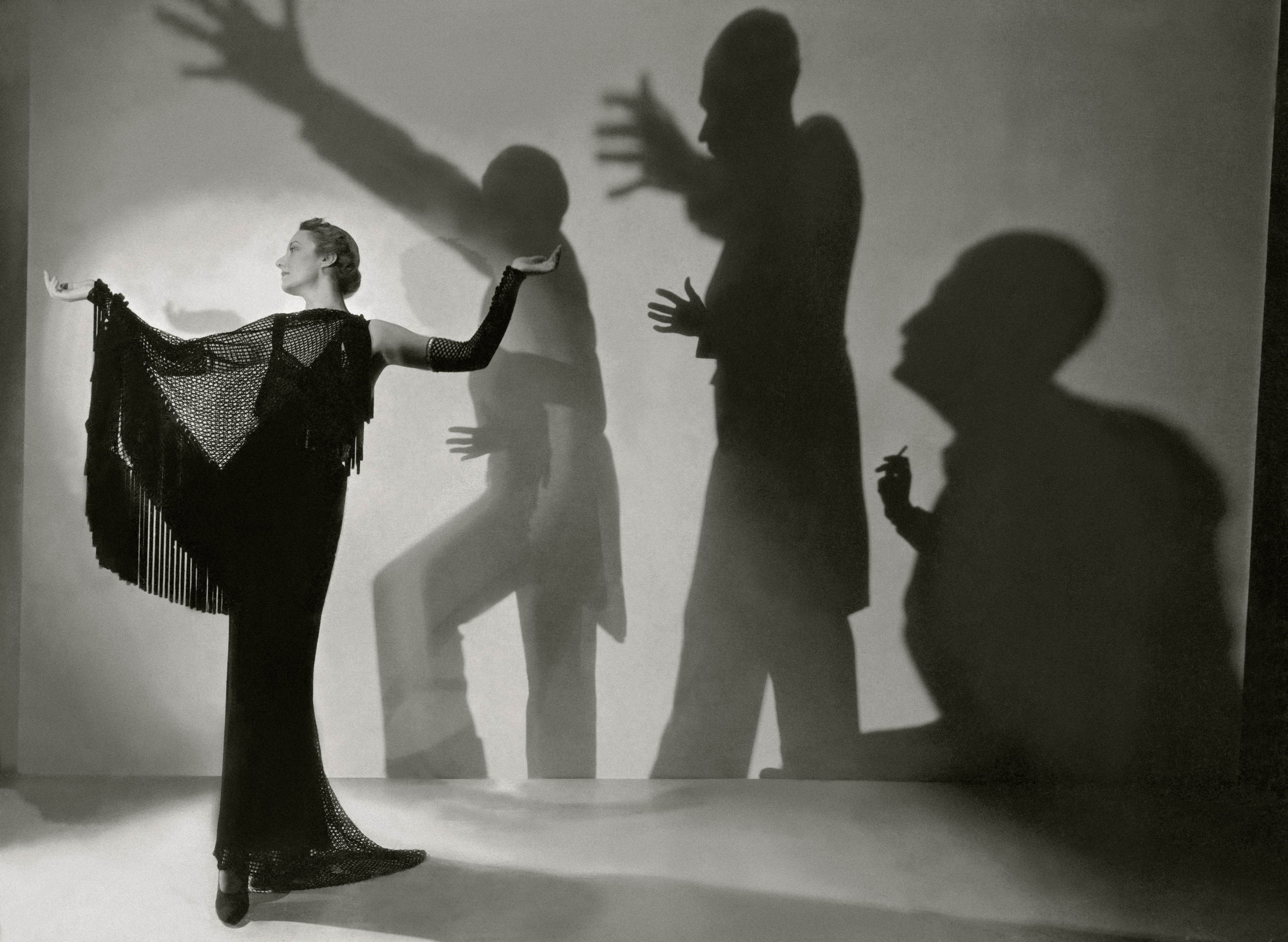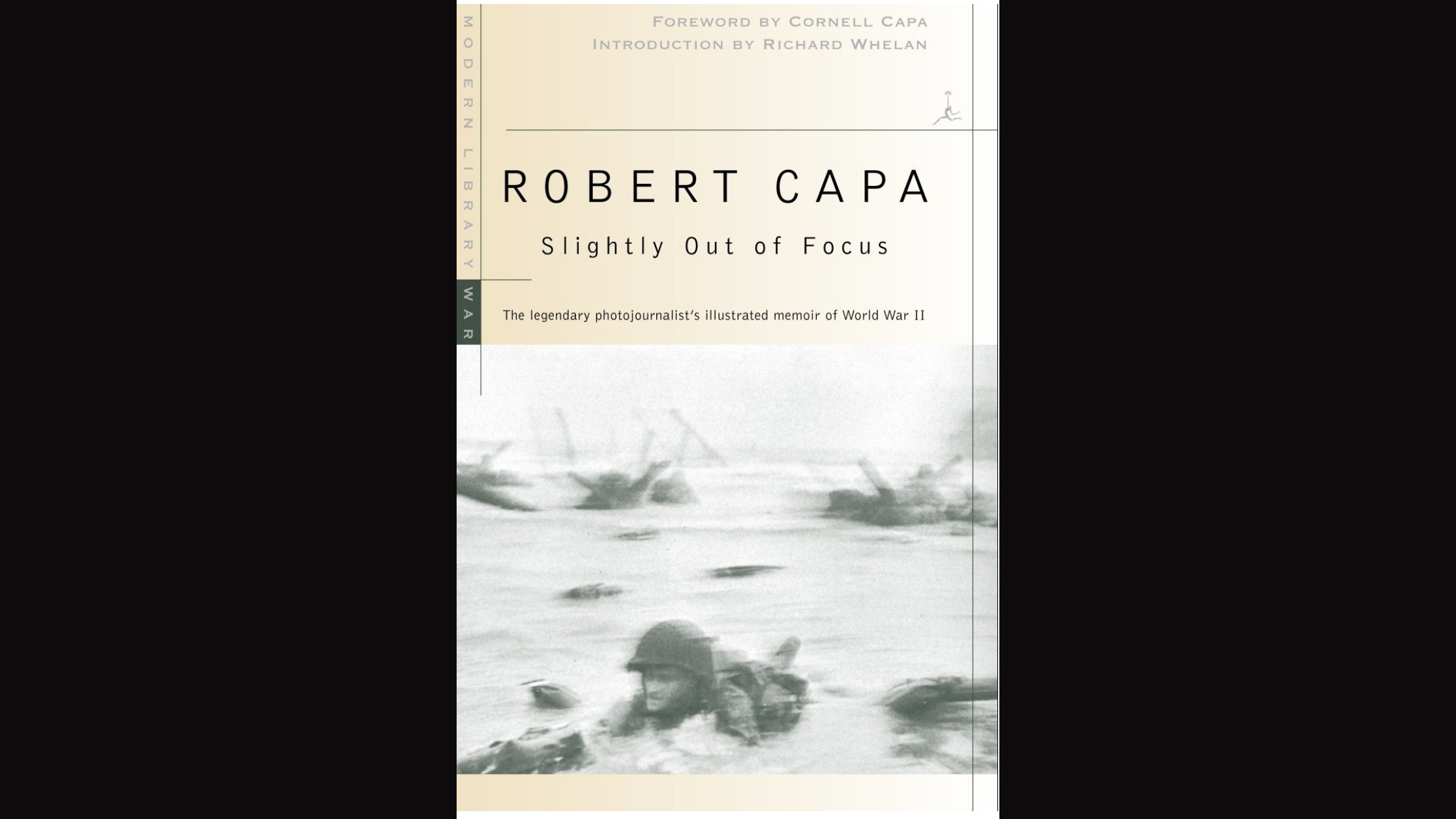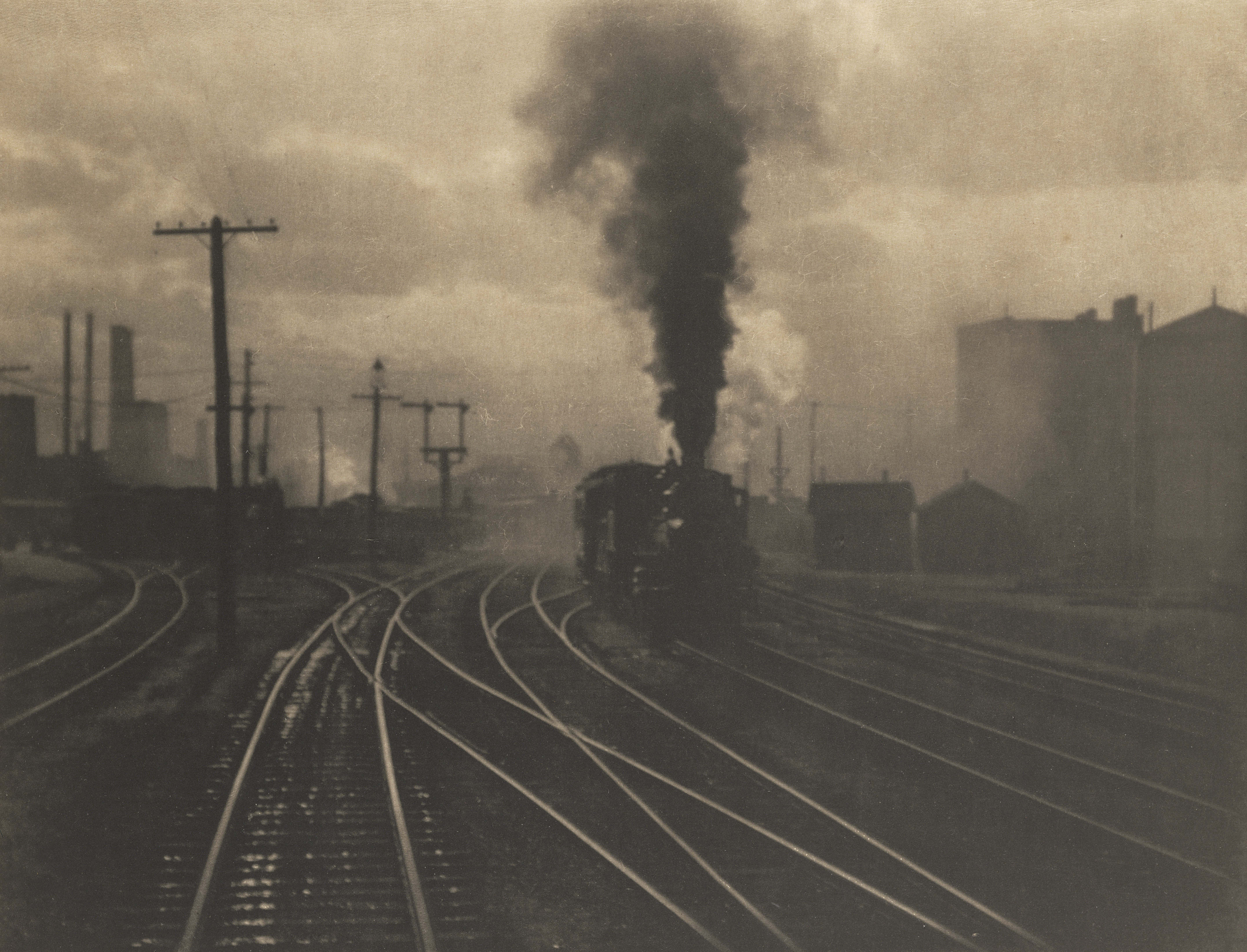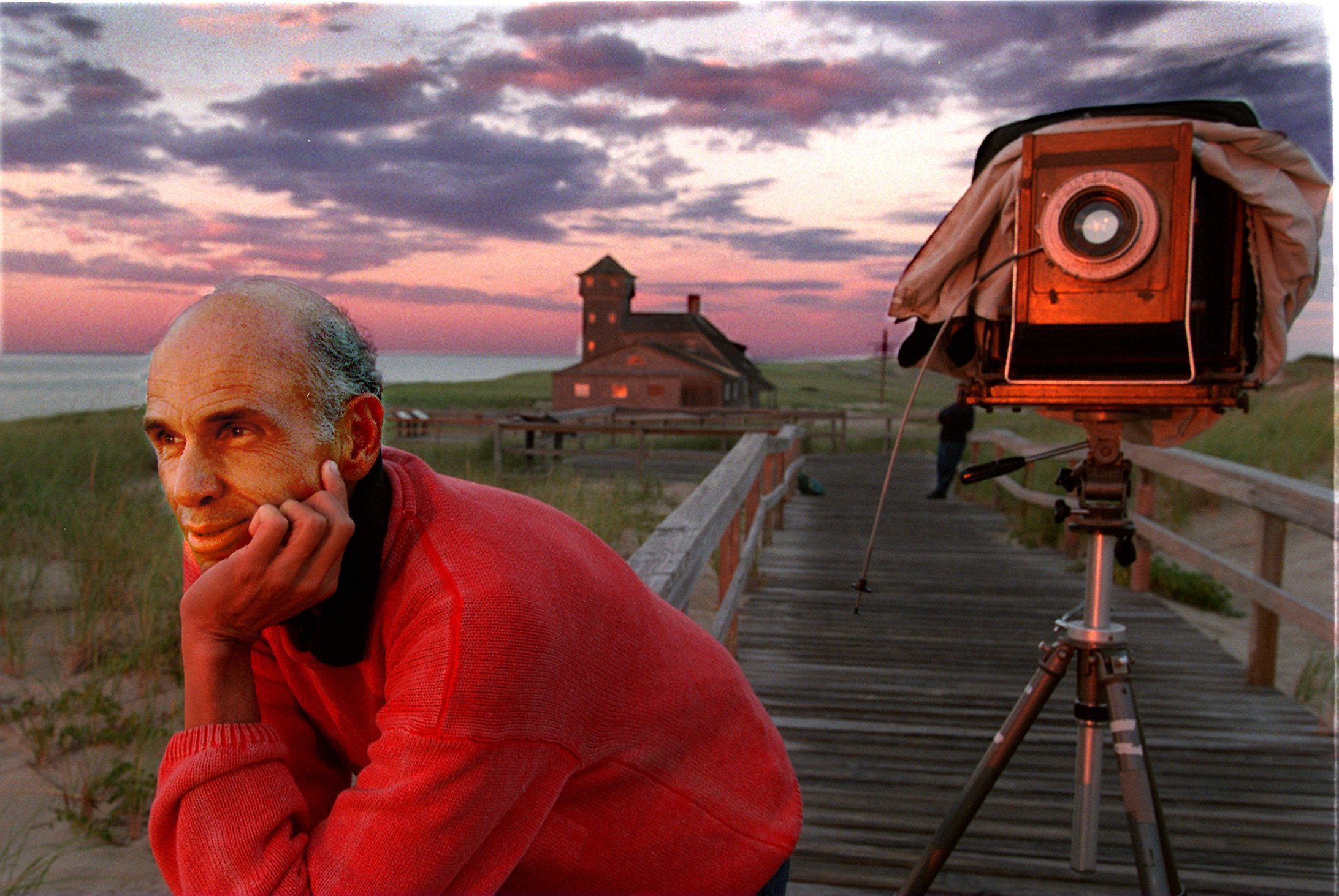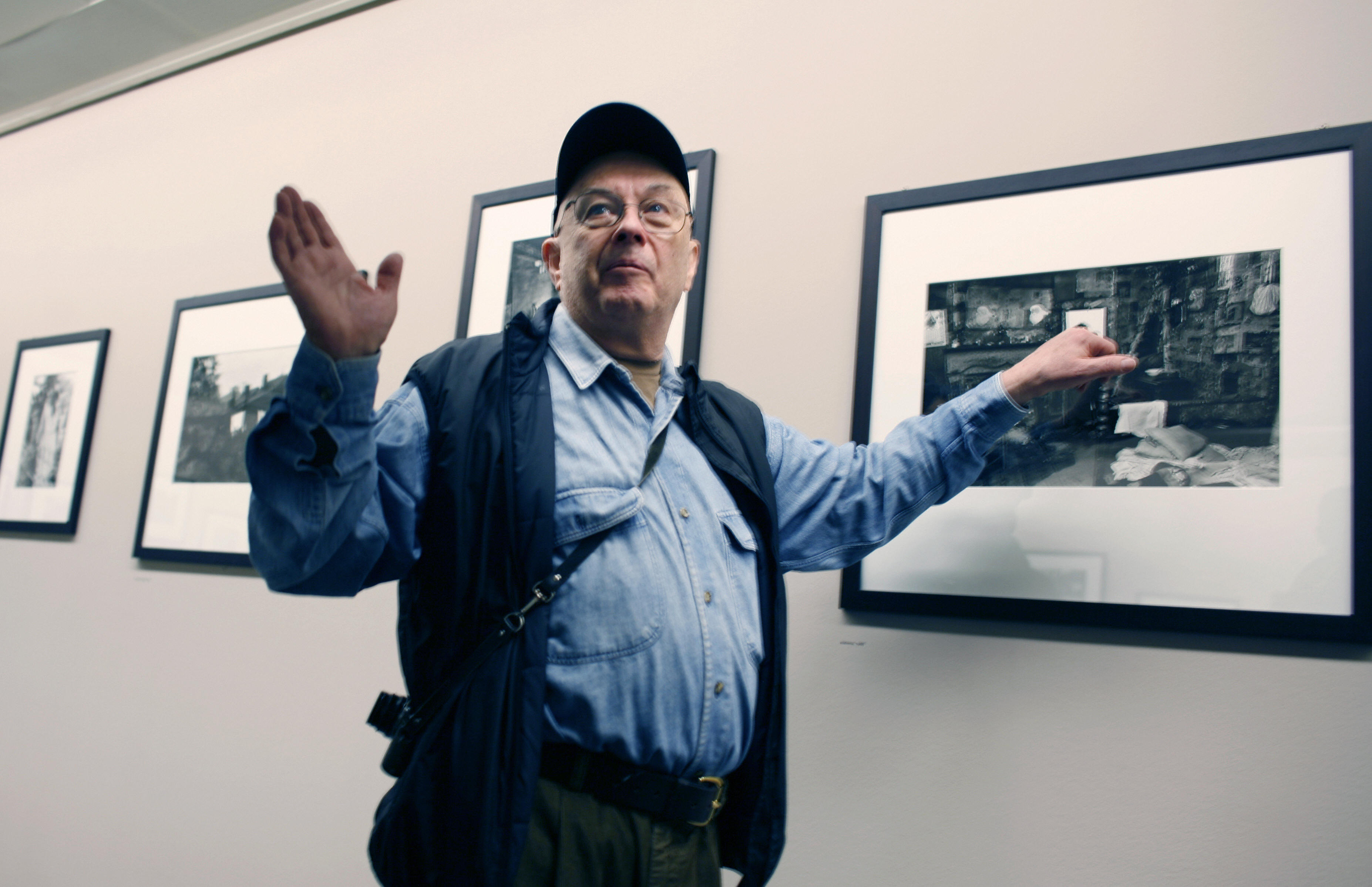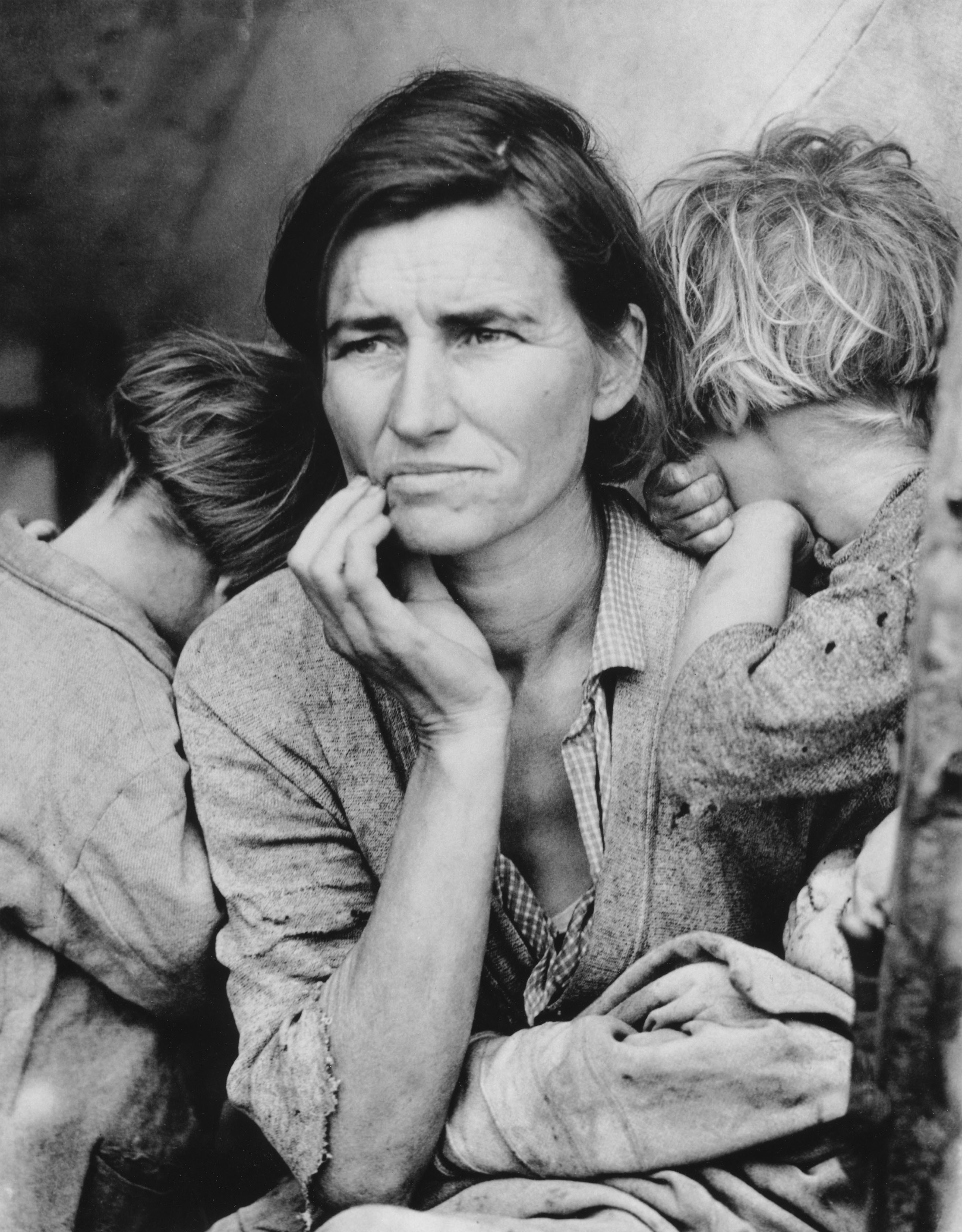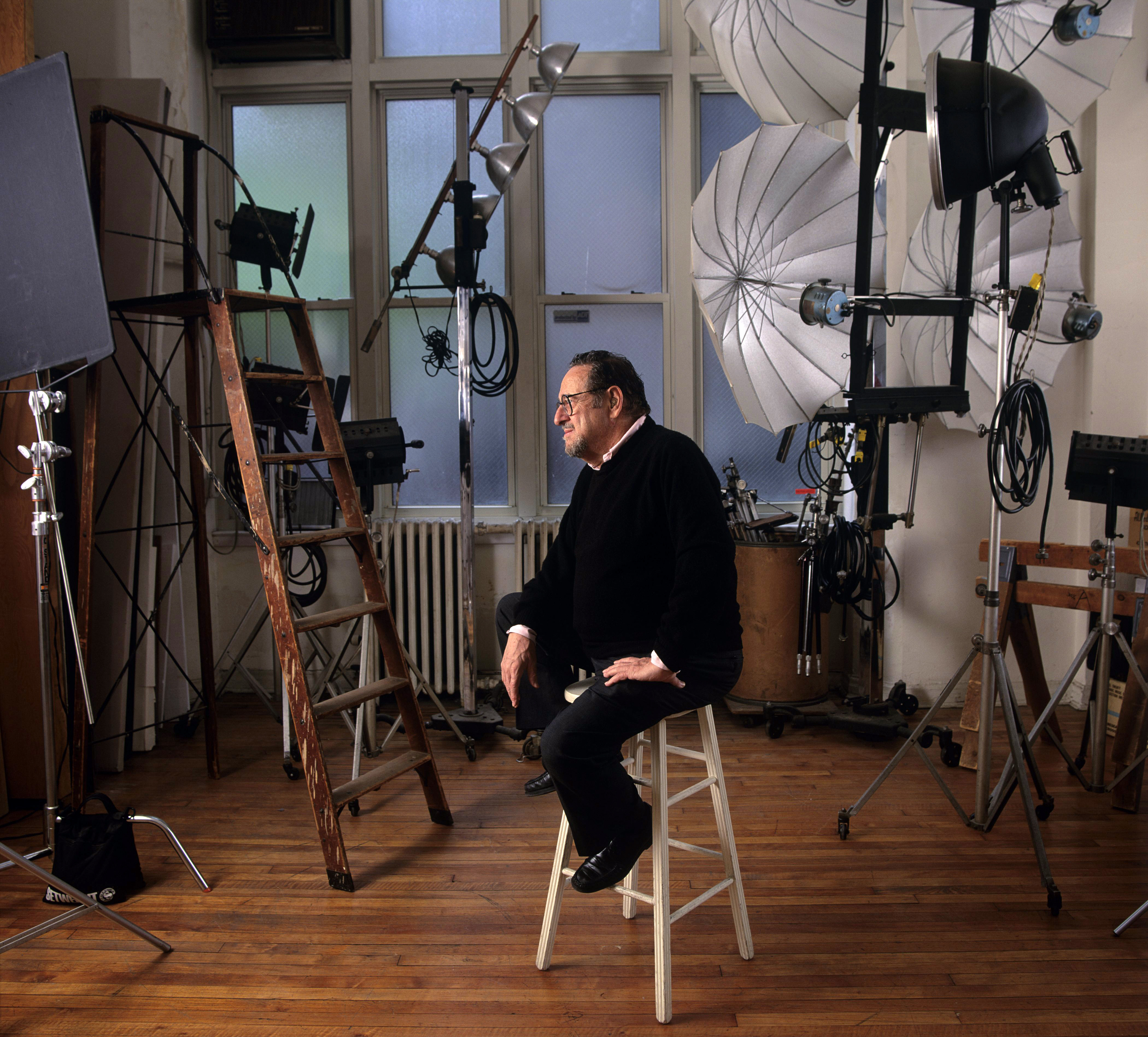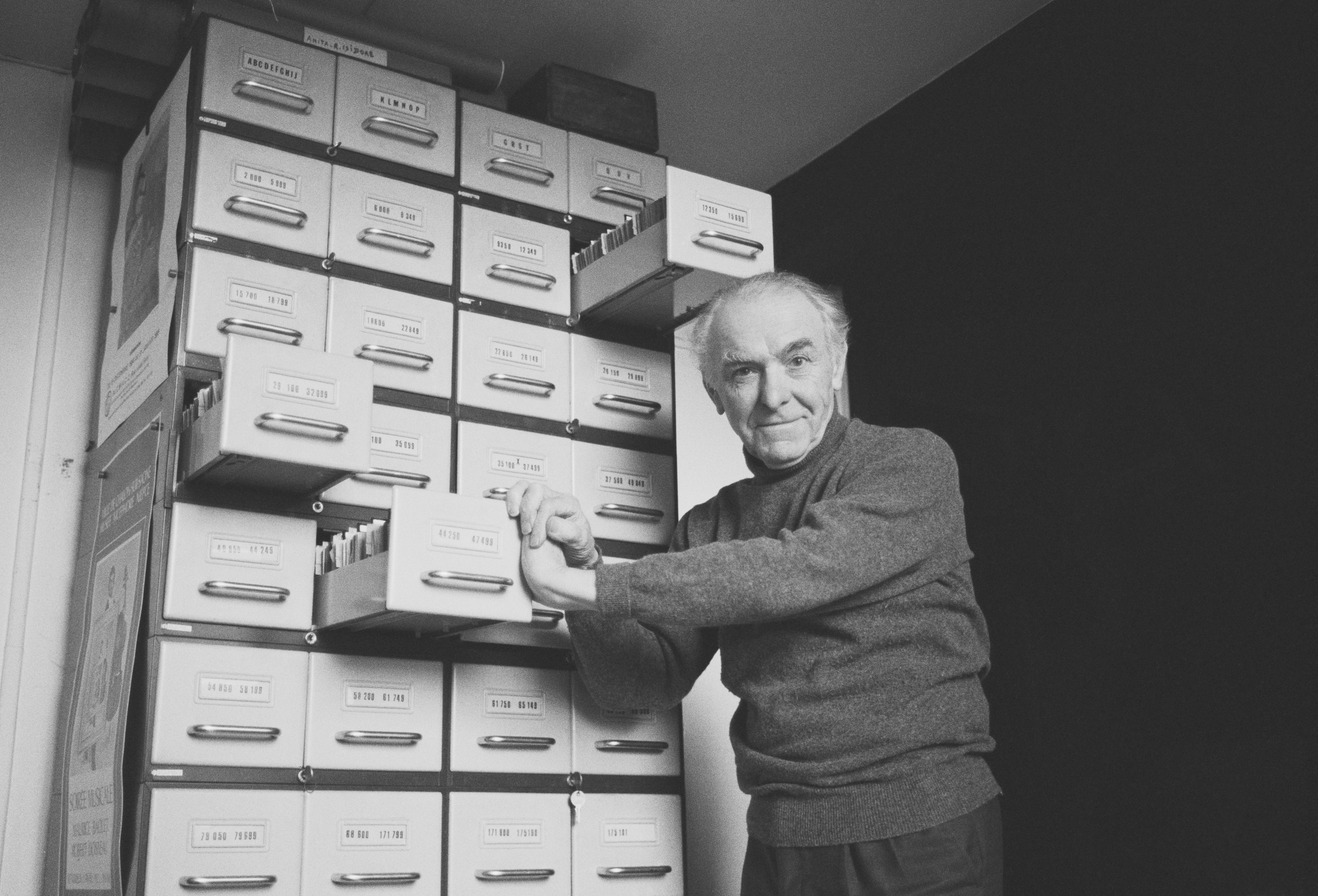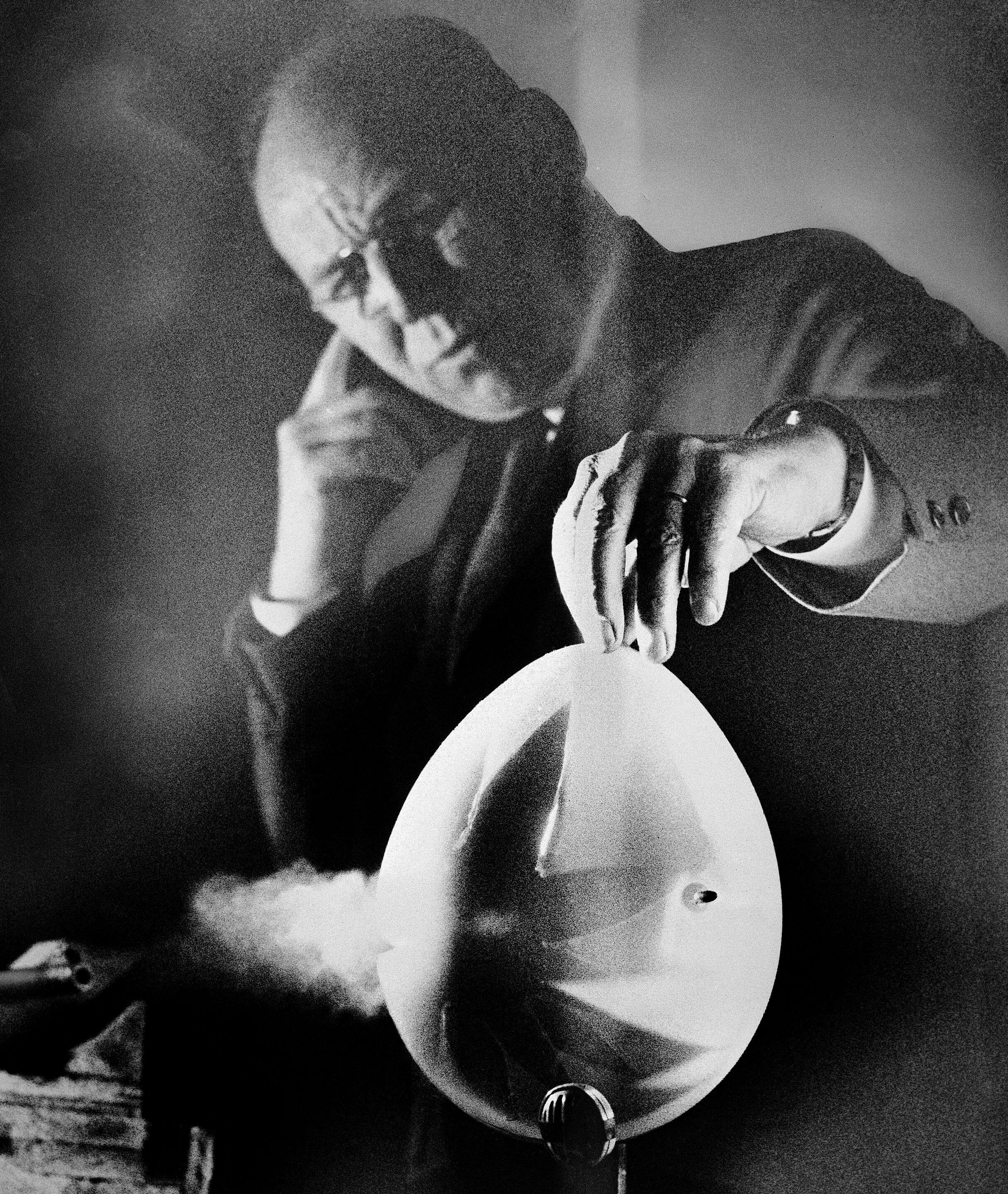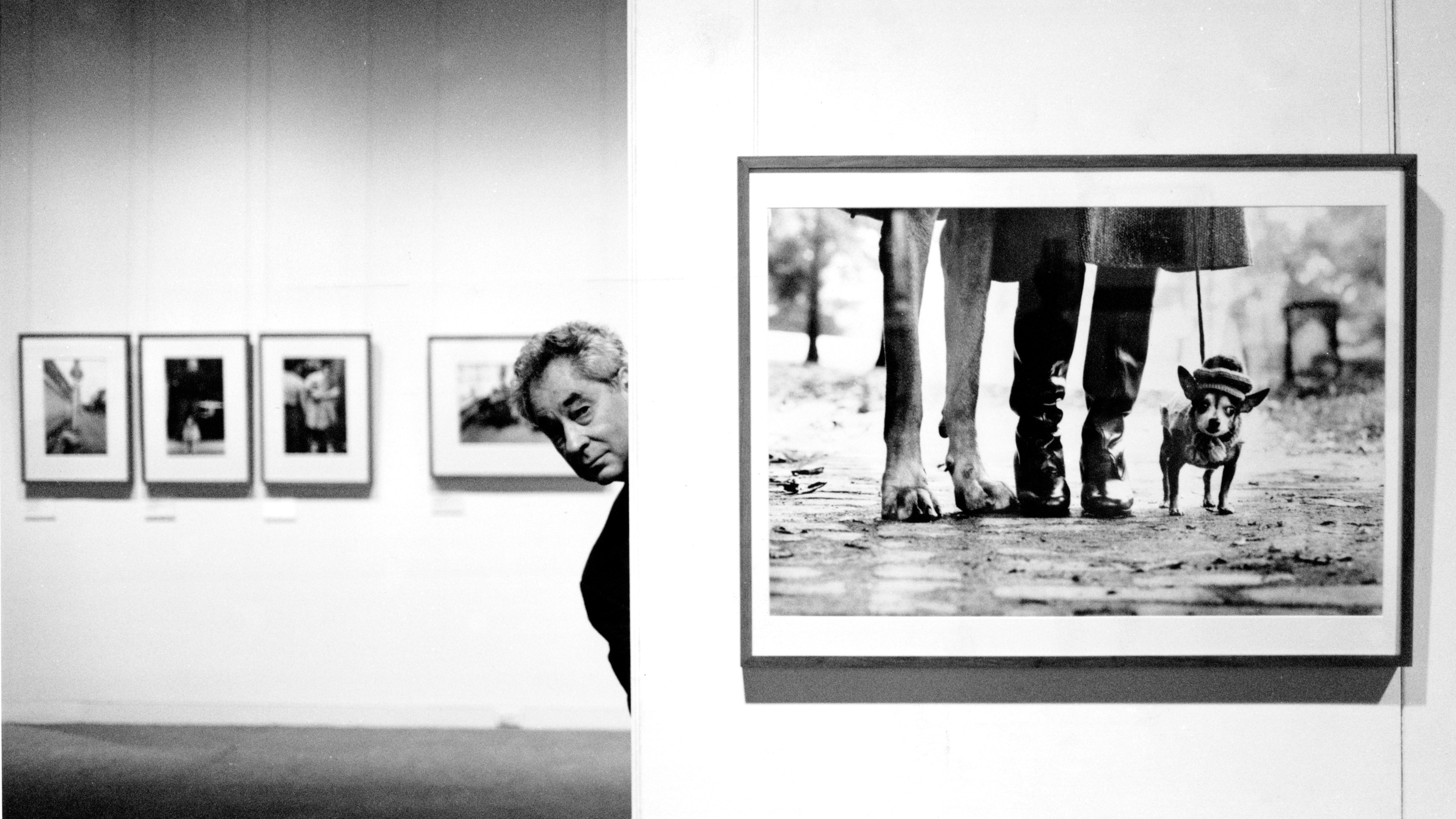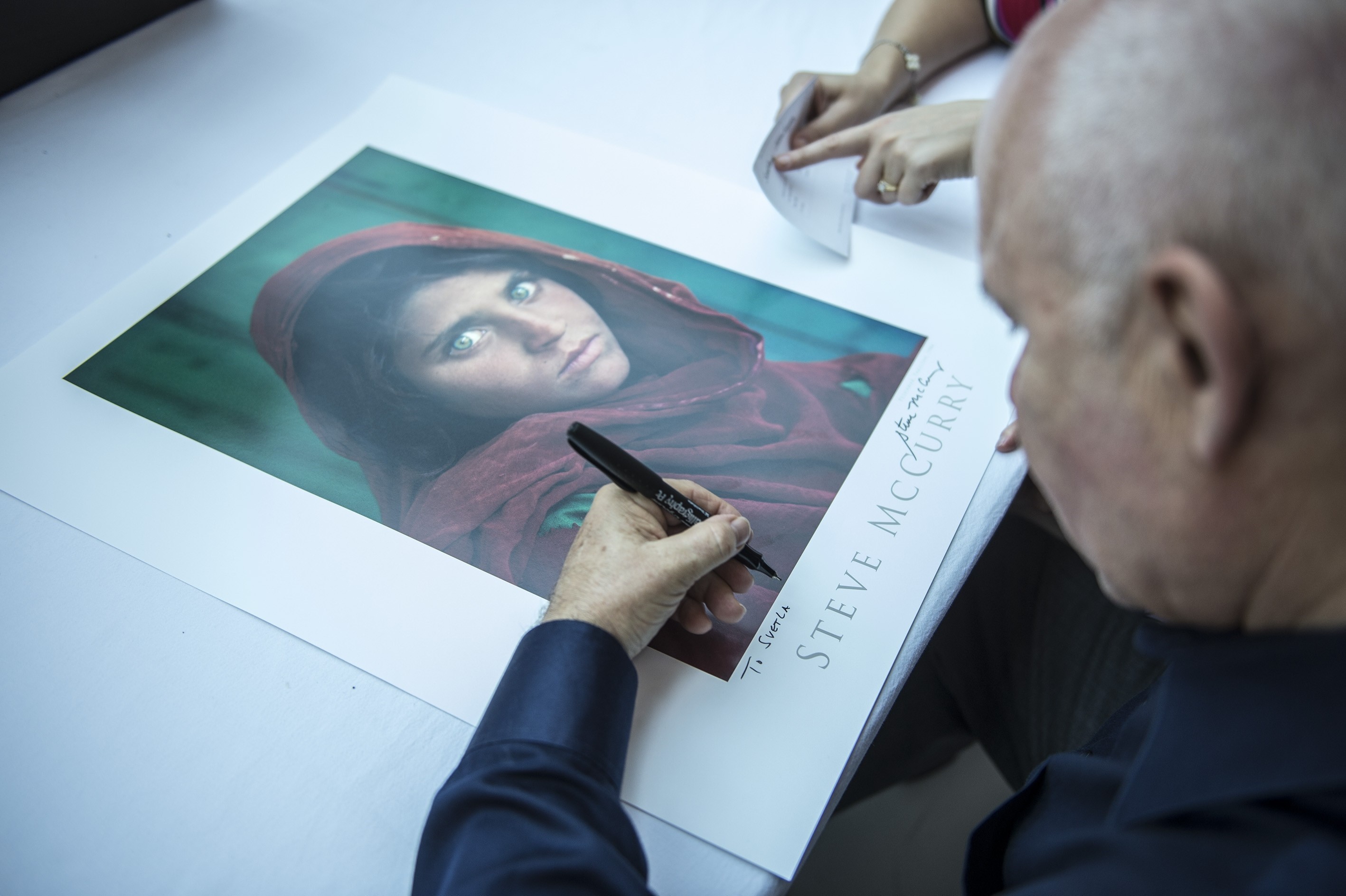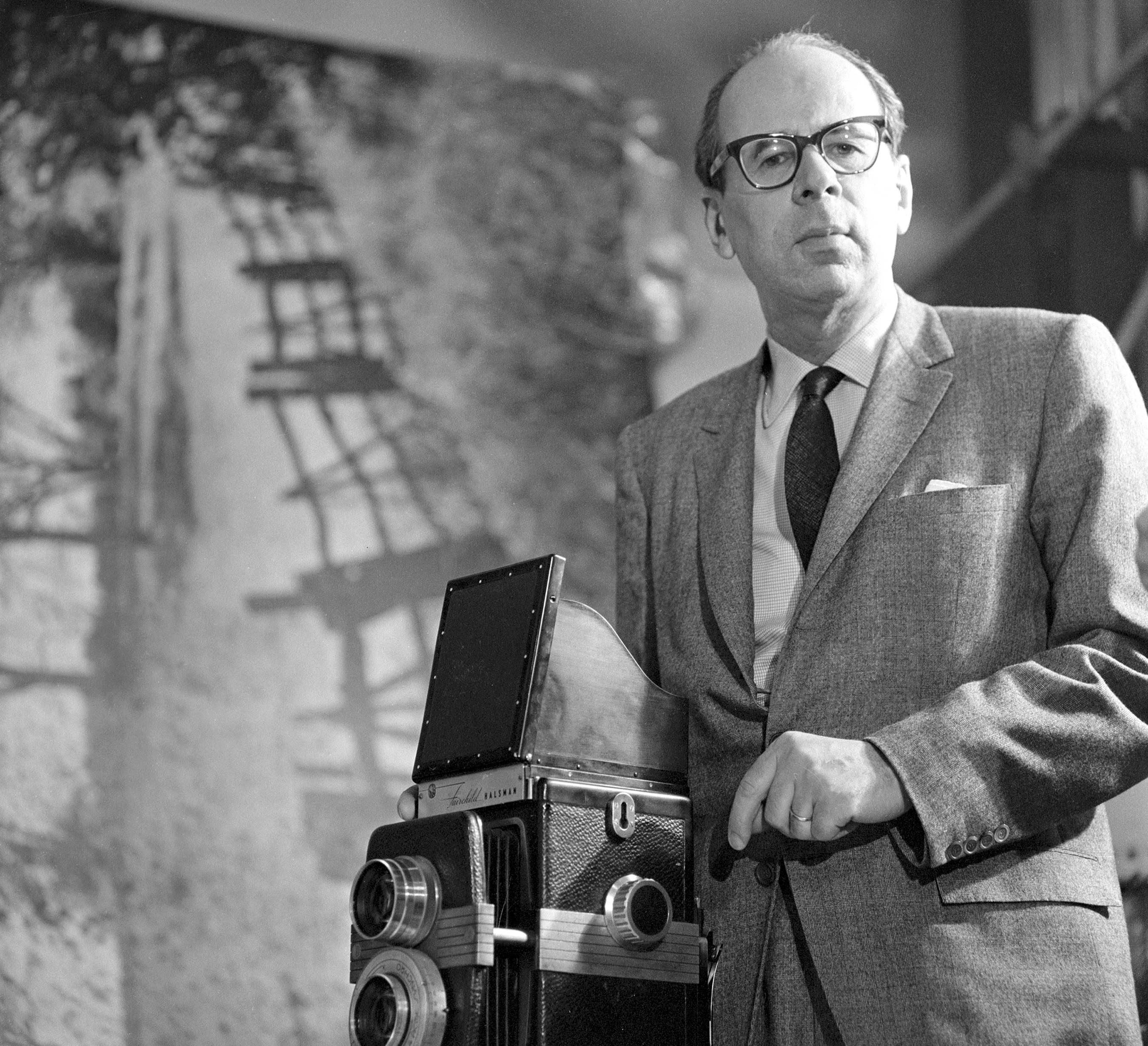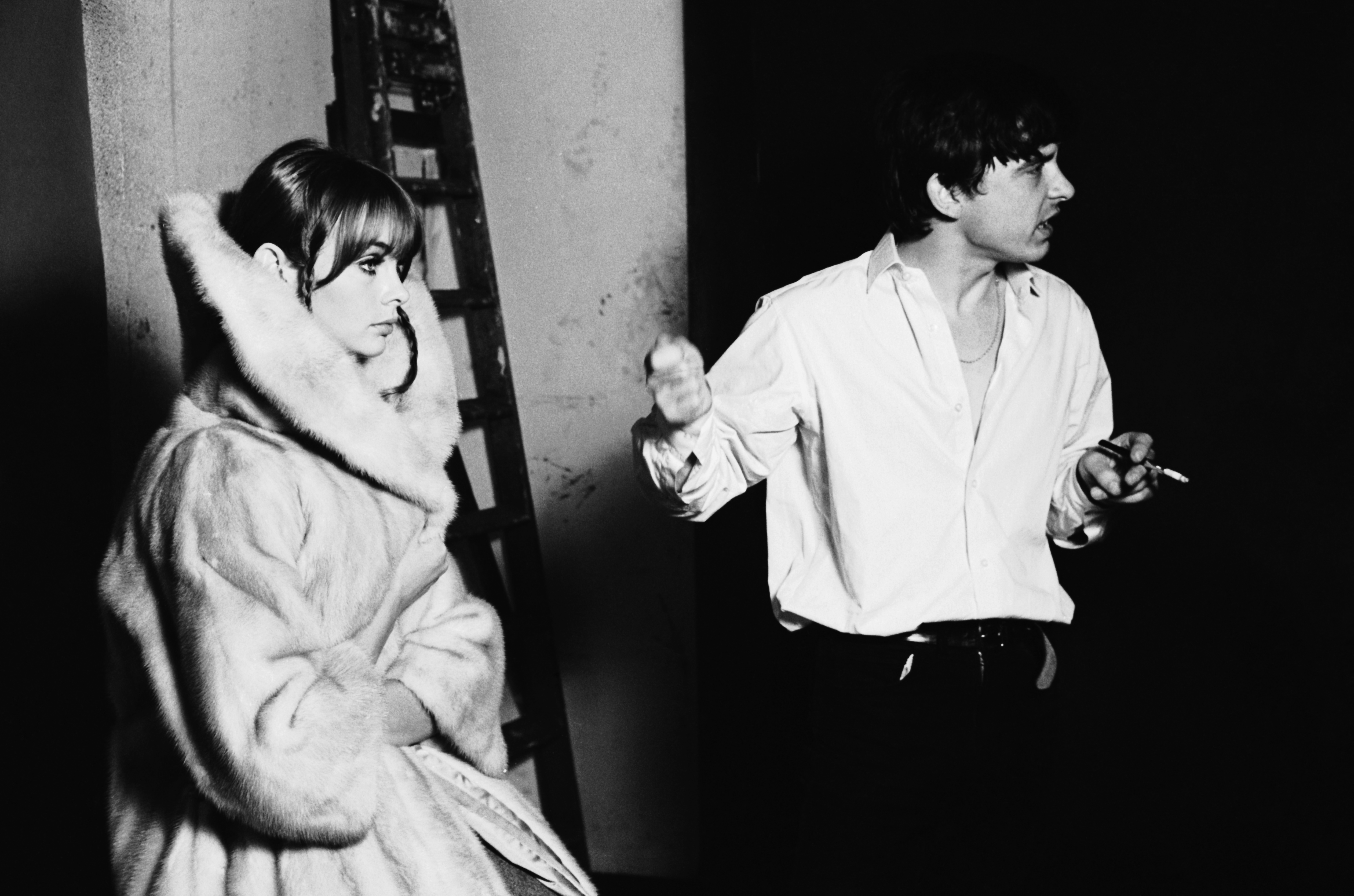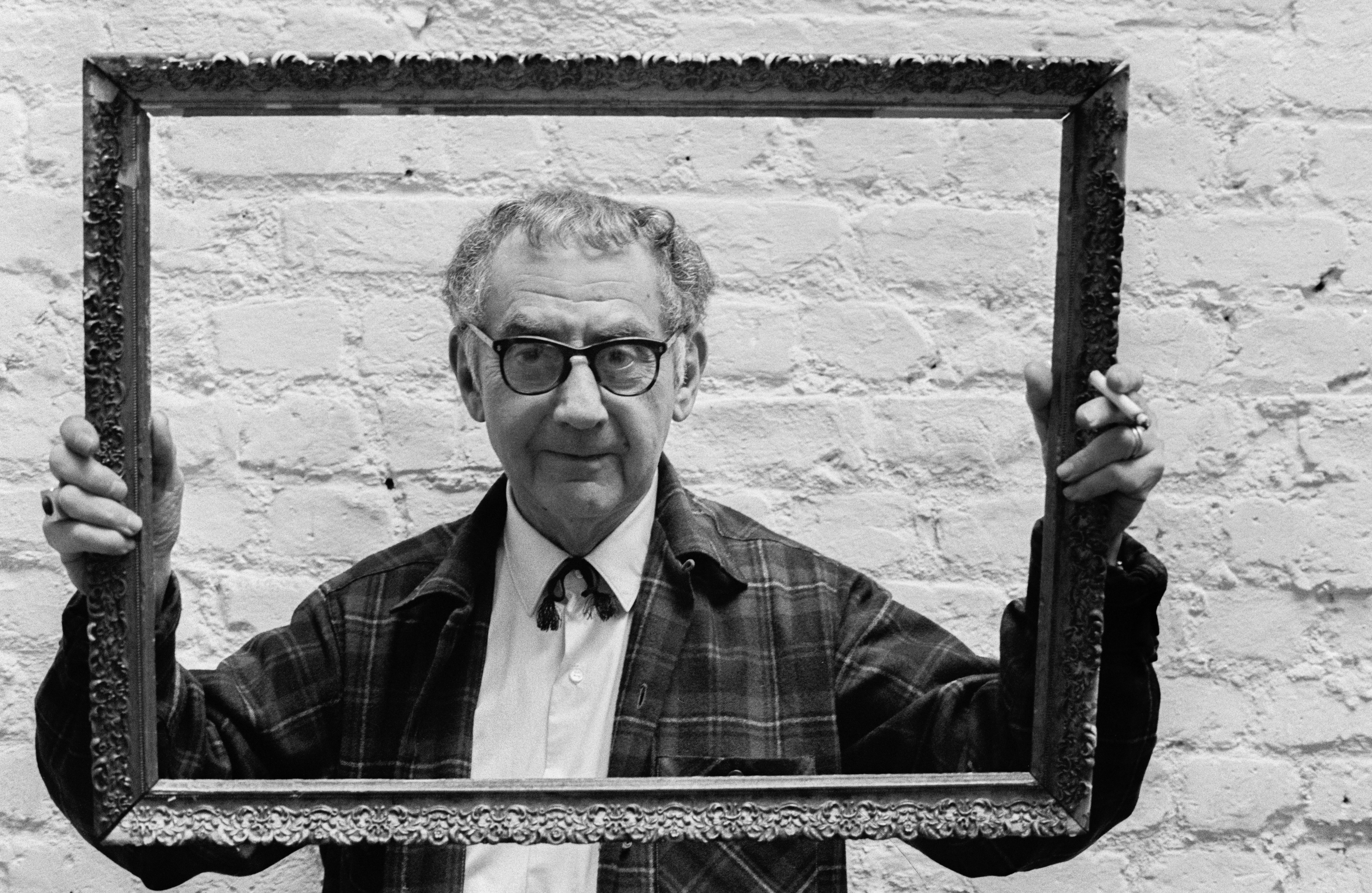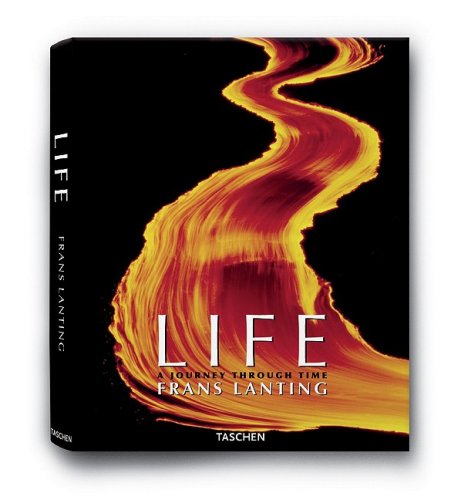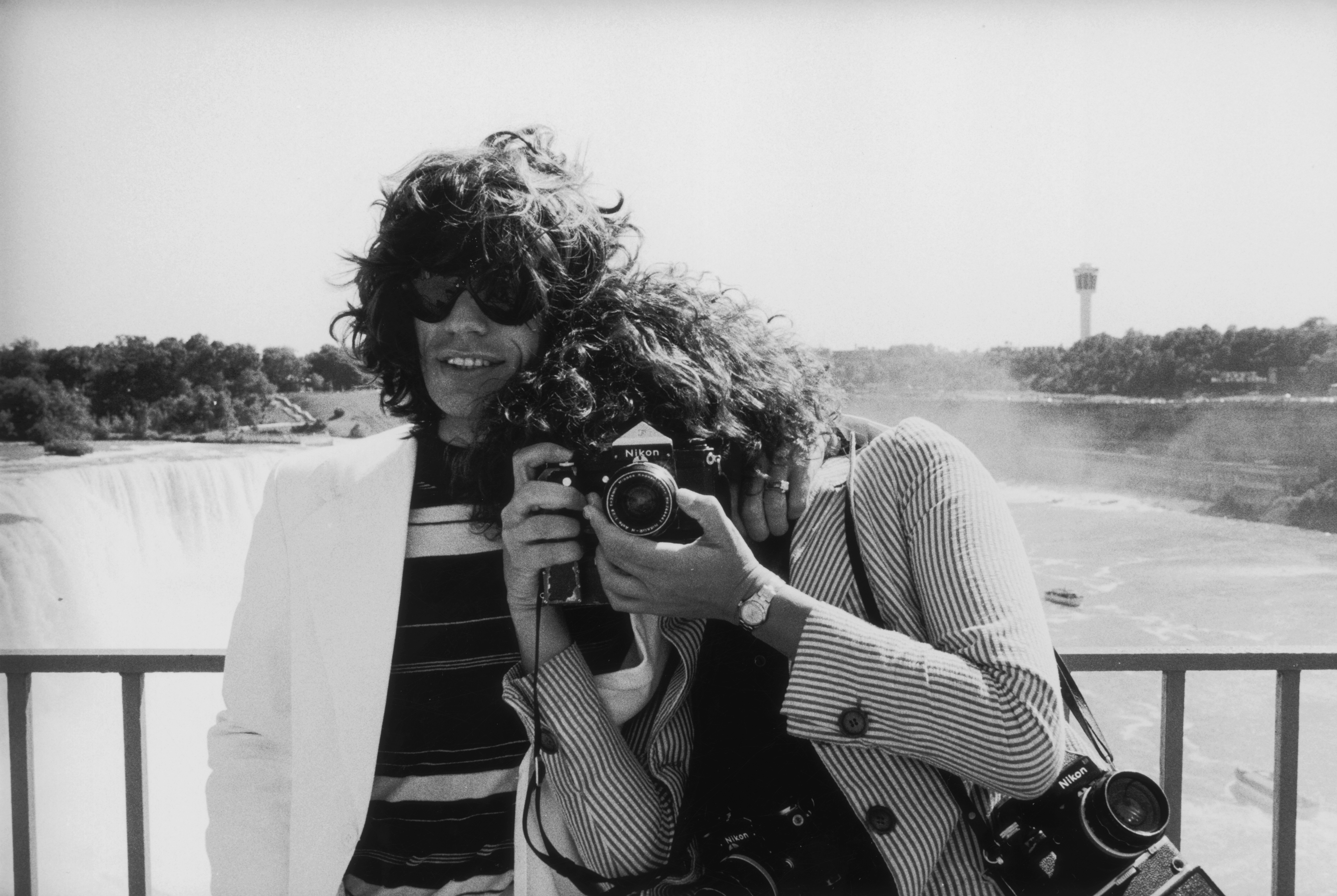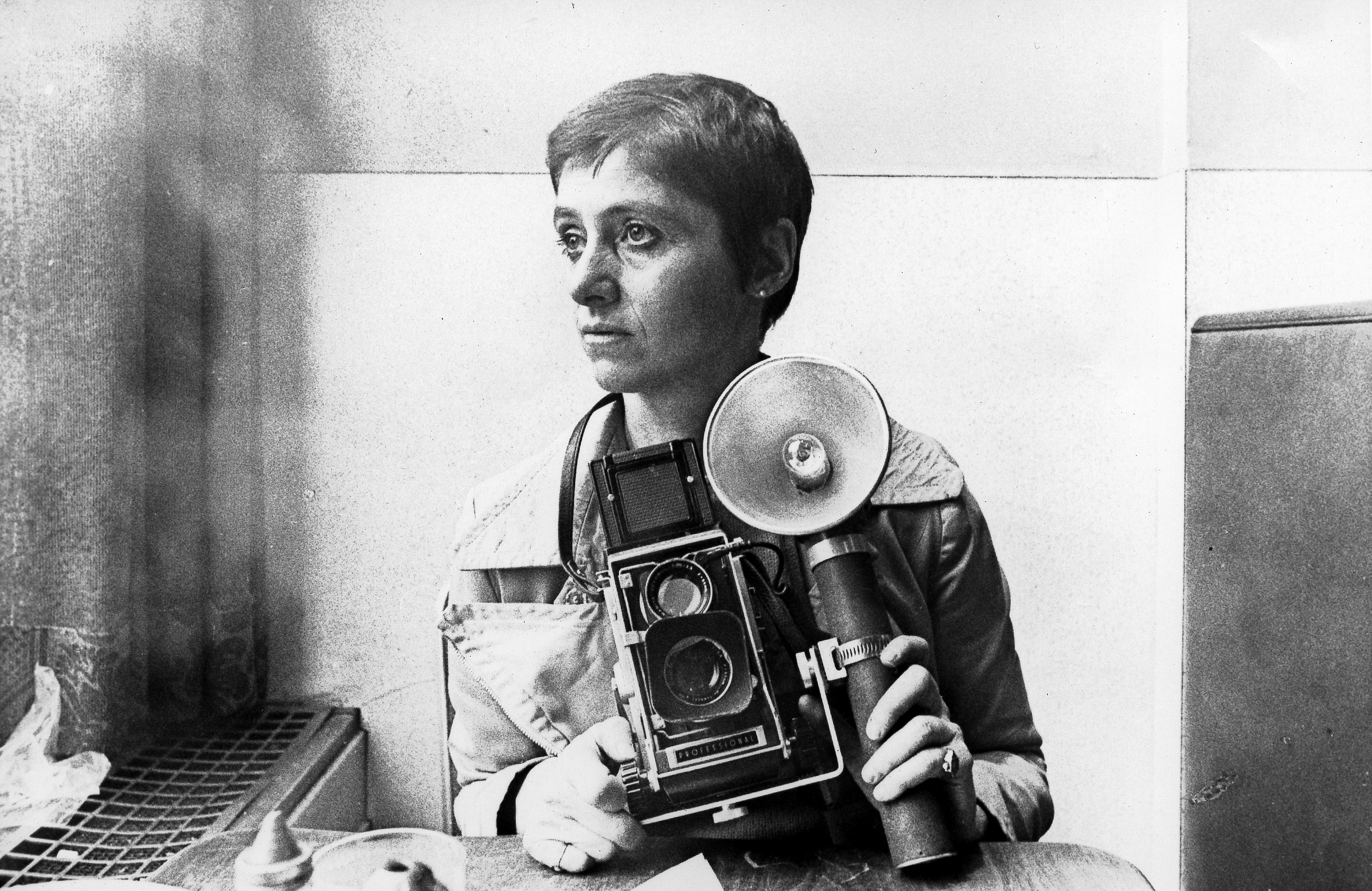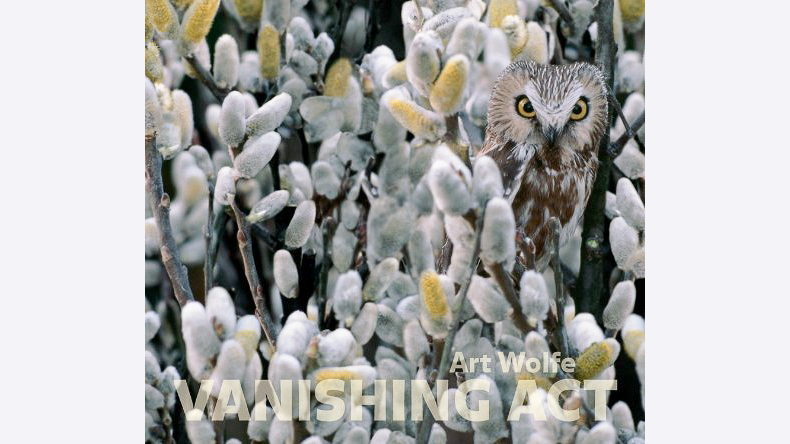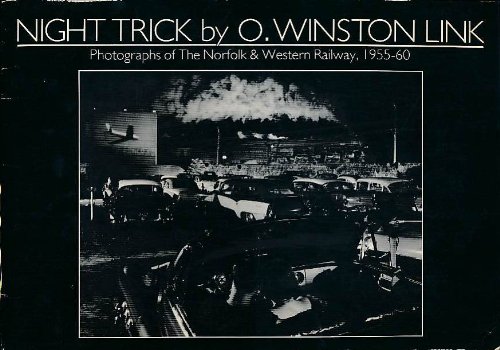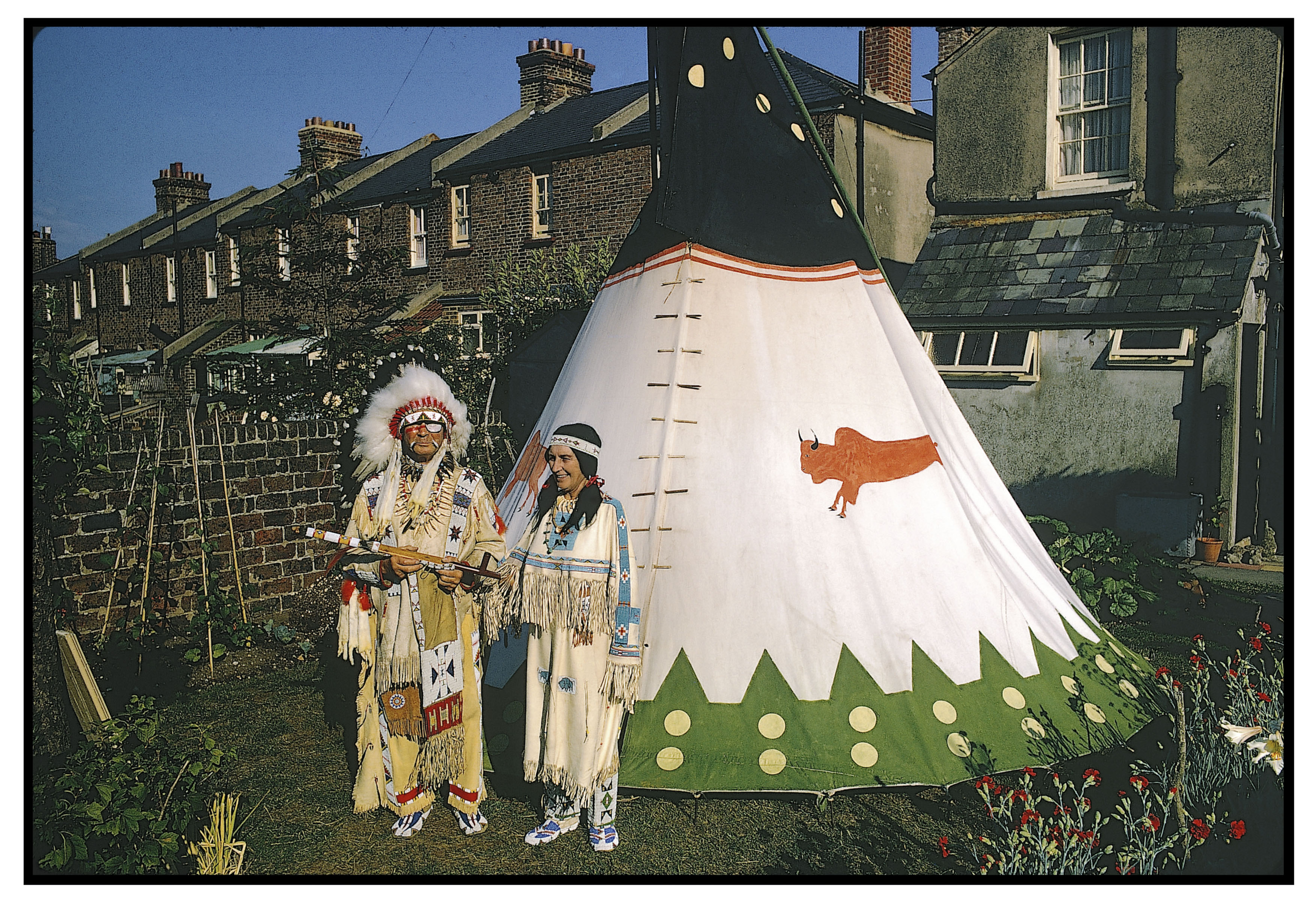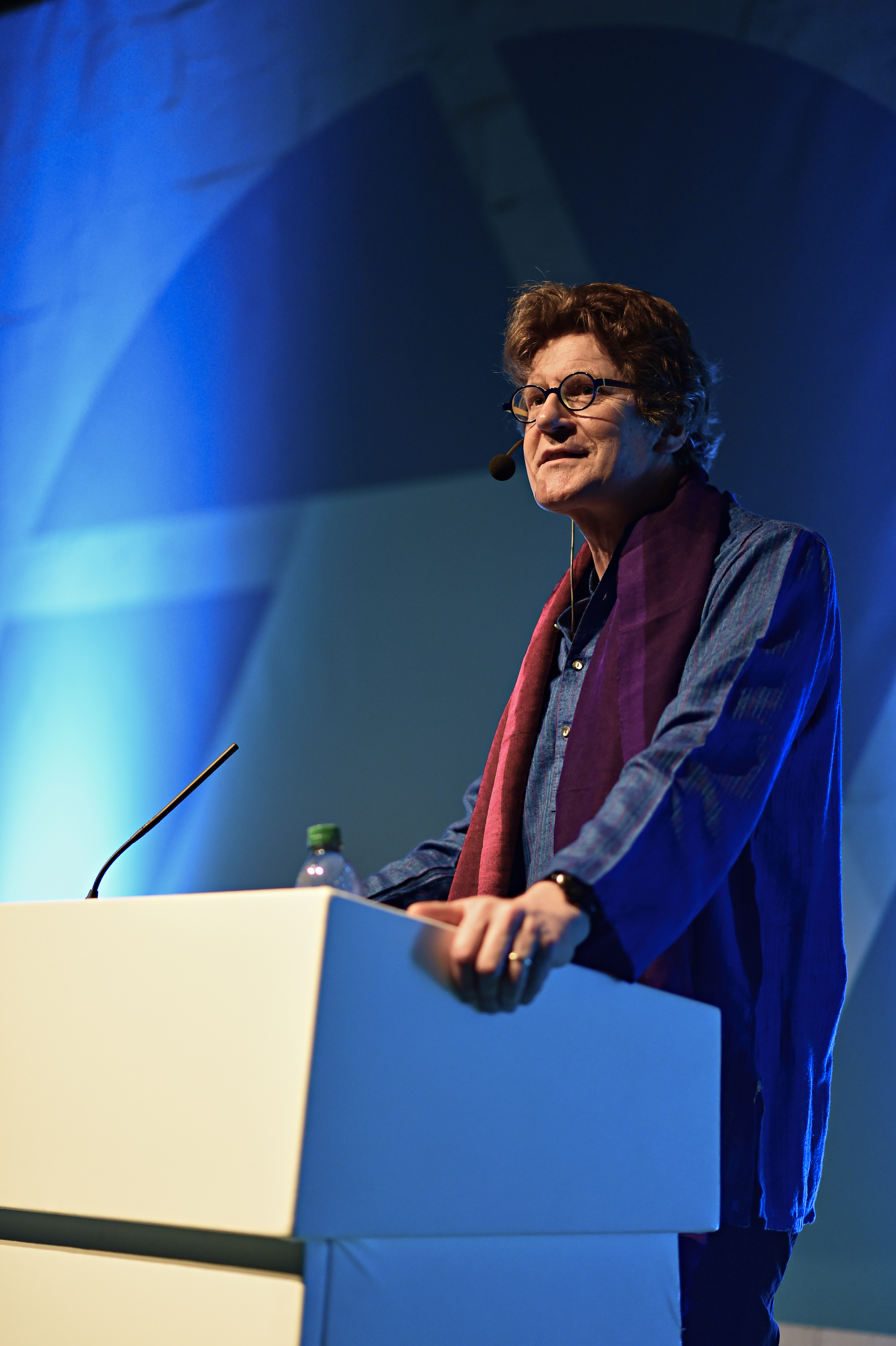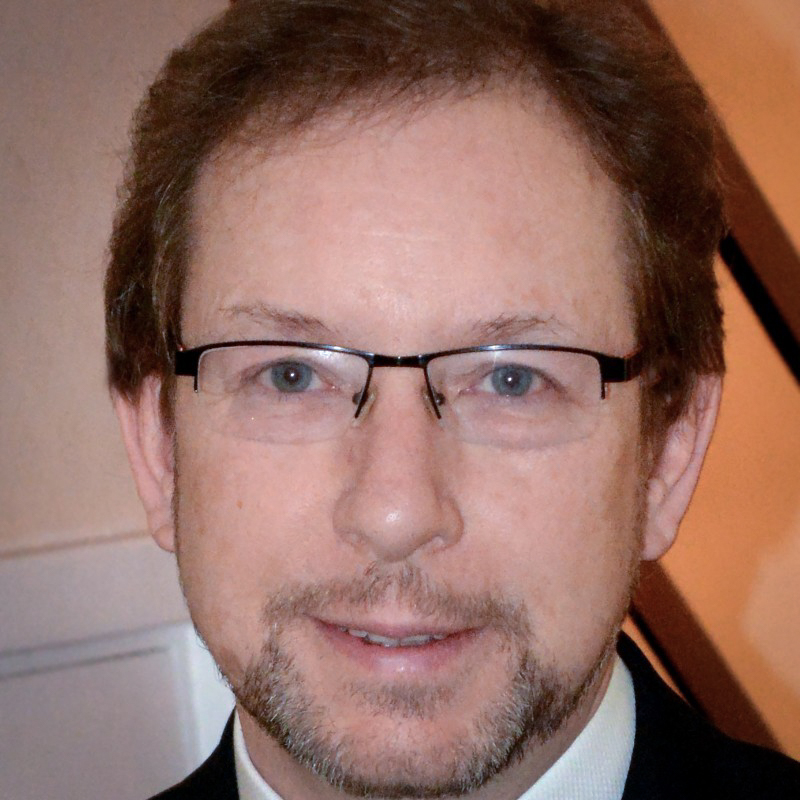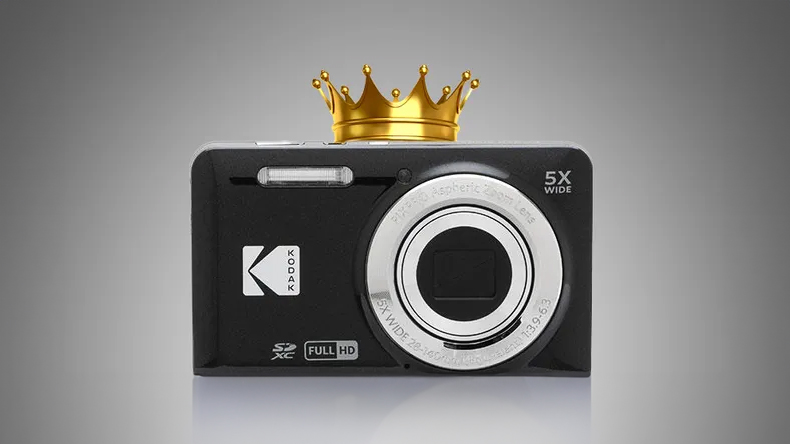The 50 best photographers ever
Covering a range of genres and styles, these are the 50 greatest photographers the world has ever seen (probably)
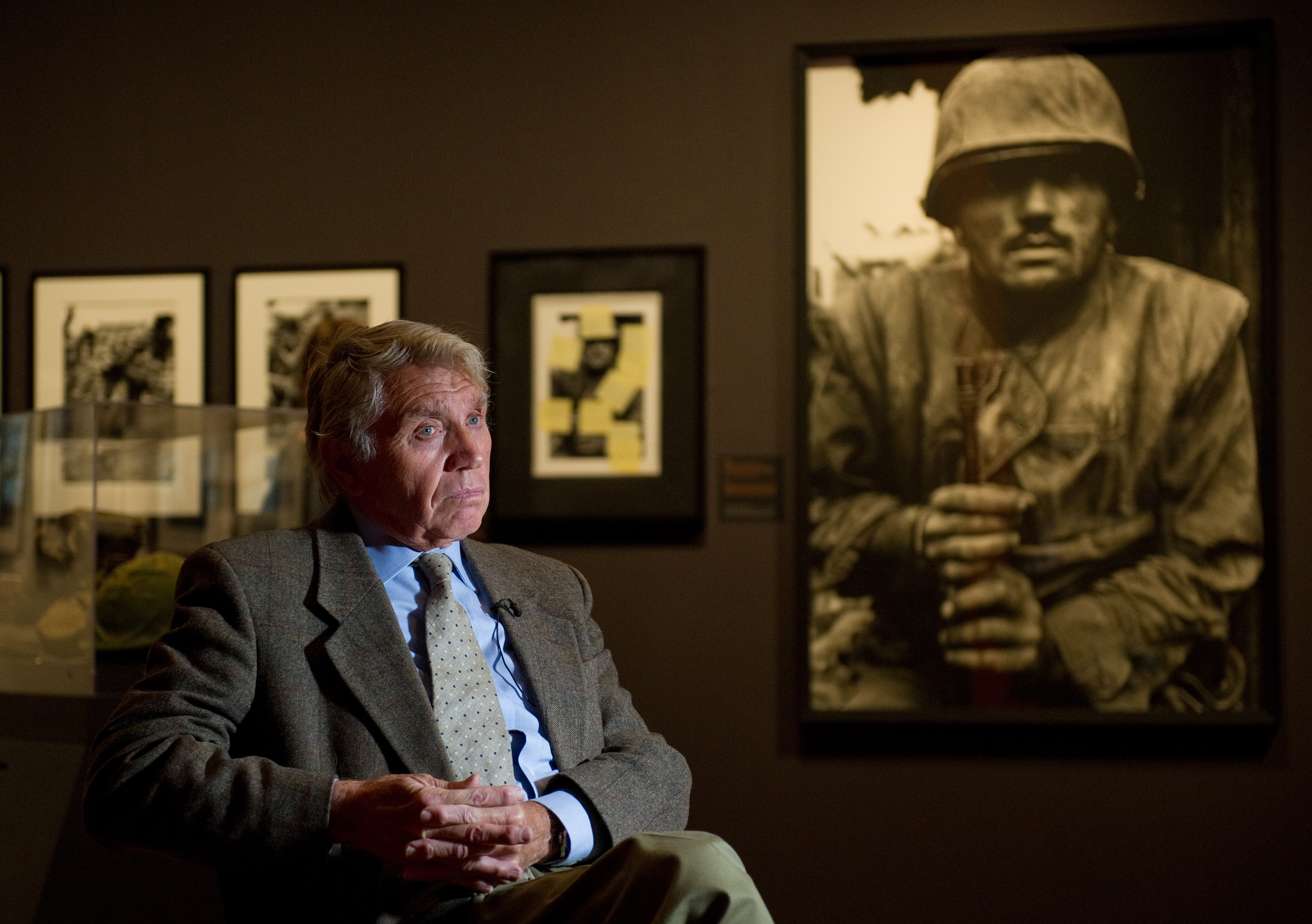
The best camera deals, reviews, product advice, and unmissable photography news, direct to your inbox!
You are now subscribed
Your newsletter sign-up was successful
There are lot of talented photographers on the scene today. But who are the best photographers of all time? We've draw on our expert knowledge, and a lot of spirited discussion, to bring together our definitive list.
These photographers include many famous names plus some you may not yet have encountered. Their work spans a variety of genres, from photojournalism and portraiture to landscape and abstract photography. And between them, they have captured moments that define eras, challenge perceptions, and reveal profound truths about the human experience.
These visionaries have not only produced iconic images that have stood the test of time but have also influenced generations of photographers who followed in their footsteps. heir contributions extend beyond individual photographs, encompassing groundbreaking techniques, philosophical approaches to image-making, and in some cases, redefining the very nature of photography itself.
1. Henri Cartier-Bresson (1908-2004)
The photographers’ photographer, Cartier-Bresson had a huge impact on modern photojournalism and its establishment as an art form. His achievements included co-founding the Magnum agency in 1947 and he excelled at documentary, portrait and landscape work. His concept of capturing an event at ‘the decisive moment’ has been hugely influential.
2. Ansel Adams (1902-1984)
Arguably one of the greatest ever landscape photographers, Adams rejected painterly styles to create what he called ‘an austere and blazing poetry of the real.’ Co-originator of the Zone System for accurately calculating exposure, he’s best known for his black and white images celebrating the natural majesty of Yosemite National Park. To learn more, read How Ansel Adams changed photography forever.
3. Sebastião Salgado (1944-2025)
Salgado was a superstar of modern photojournalism. He originally studied economics, but took up a career in photography in 1973. His epic-scale black and white work has particularly focused on social injustice and poverty and during the past 45 years has carried out a number of major long-term international projects.
4. Bill Brandt (1904-1983)
Brandt, who was born in Germany but settled in England, brought his own distinctive style of photography to a range of genres. Starting in the 1930s, His work included social documentary images of rich and poor, atmospheric and emotive landscapes, edgy, unsettling portraits and distorted, extreme wide-angle nude studies.
The best camera deals, reviews, product advice, and unmissable photography news, direct to your inbox!
5. Julia Margaret Cameron (1815-1879)
Cameron was one of the first photographers to explore photography’s potential as an expressive art form. Working in the mid-19th century, she created a body of work on glass plate negatives that included both family and friends and famous Victorians such as scientist Sir John Herschel and the poet Alfred, Lord Tennyson.
6. Richard Avedon (1923-2004)
Avedon is one of the best-known American photographers of the 20th century. He was acclaimed for his celebrity portraiture and fashion photography for magazines including Vogue and Harper’s Bazaar, but also for his powerful black and white portraiture of ordinary people, such as the work in his 1985 book In the American West.
7. Irving Penn (1917-2009)
Revered in photographic circles, Penn primarily shot fashion, portraiture and still life for high-profile editorial and commercial clients. Meticulously lit and composed, his images derive their power from their sparseness and simplicity. Iconic images include portraits of Picasso and Truman Capote and fashion images of his supermodel wife, Lisa Fonssagrives.
8. Don McCullin (born 1935)
Although best-known for images depicting the brutal reality of war in Vietnam, Cyprus and Cambodia, McCullin’s internationally-praised work includes documentary images in his native England and dark, moody landscapes. Brave and unflinching in his pursuit of a story, he was knighted for services to photography in 2017. You can learn a lot about photography just by reading these 10 mind-blowing McCullin quotes.
9. Margaret Bourke-White (1904-1971)
Known as ‘Maggie the Indestructible’, Bourke-White was the first female war correspondent and Life magazine’s first female photojournalist. She photographed wartime firestorms in Moscow and the release of concentration camp prisoners. Later, she was the first foreign photographer allowed to take pictures of the Soviet five-year plan and documented violence during the partition of India.
10. Cecil Beaton (1904-1980)
Beaton was one of the great portrait and fashion photographers of the 20th century. Fascinated by glamour, elegance and style, he created a wealth of images for magazines including Vogue and Vanity Fair from the 1920s-70s. His creative talents extended to costume and set design for movies and theatre productions.
11. Robert Capa (1913-54)
Capa was a Hungarian photojournalist and co-founder of Magnum Photos. During his career he covered five different conflicts including the Spanish Civil War and is especially famous for his visceral images of the D-Day landings in 1944. He was killed only 10 years later, when he stepped on a landmine while covering the First Indochina War.
12. Alfred Stieglitz (1864 -1946)
Stieglitz was a giant of photography and an important pioneer of the medium. In the 1890s he made the controversial argument that photography was an art form as important as painting or sculpture. He went on to become an advocate of ‘straight’, un-manipulated photography and a tireless promoter of other photographers’ work.
13. Joel Meyerowitz (born 1938)
Meyerowitz began his photographic career as a trailblazing street photographer in the early ‘60s before turning to large-format fine art work with the bestselling book Cape Light. He has published more than 20 books, including Aftermath, a body of work documenting Ground Zero after the terrorist attacks on the World Trade Center in 2001. He currently has an exhibition in Málaga exploring the influence of his early work in the Spanish city.
14. Eve Arnold (1912-2012)
Although famous for her portraits of cultural icons including Marilyn Monroe, Arnold was a photojournalist and a member of Magnum Photos for over 50 years. Preferring to work in natural light, she shot a broad range of work from the quirky to the serious, including photo-essays on the civil rights movement and agricultural workers.
15. Bruce Davidson (born 1933)
An important American documentary photographer, Davidson concentrated on outsiders and marginalised groups in society. He gained an intimate insight into their lives by immersing himself in his subjects, whether they were teenage gangs in Brooklyn, circus entertainers, or the residents of a single block in Harlem. In an exhibition last year titled The Way Back, he presented unseen outtakes from his nearly 70-year career as a chronicler of American life.
16. Dorothea Lange (1895-1965)
Lange was a pioneering American documentary photographer and photojournalist. Although she had a portrait studio in the early part of her career, she turned to documenting the unemployed and homeless in the Great Depression of the 1930s. Her most famous image, Migrant Mother (1936) shows a poverty-stricken woman and her children.
17. Arnold Newman (1918-2006)
Newman began shooting portraits in the 1930s, preferring to work in his subjects’ home or workplace to give extra insight into their life and personality. This approach, unconventional at the time, led to Newman being regarded as ‘the father of environmental photography.’ His most famous portraits are of Igor Stravinsky and Pablo Picasso.
18. Robert Doisneau (1912-1994)
French photojournalist Doisneau was known for his playful and humorous images of life in his native Paris. They captured the lighter side of life among ordinary people and were brilliantly timed and composed. His most famous picture is The Kiss at City Hall (1950), which shows a couple kissing in the street.
19. Edward Weston (1886-1958)
Weston is one of the most celebrated figures in 20th century American photography. Innovative and charismatic, he’s best known for his highly-detailed large-format images. Subjects explored during his 40-year career include desert landscapes, nudes and still-life studies of objects such as peppers and shells.
20. Harold Edgerton (1903-1990)
Edgerton was an electrical engineer who invented the first electronic flash. He also made a large number of stunning high-speed flash photographs showing things literally never seen before, including a bullet passing through an apple, birds in mid-flight and multiple flash shots of sportsmen or dancers in action.
21. Edward Steichen (1879-1973)
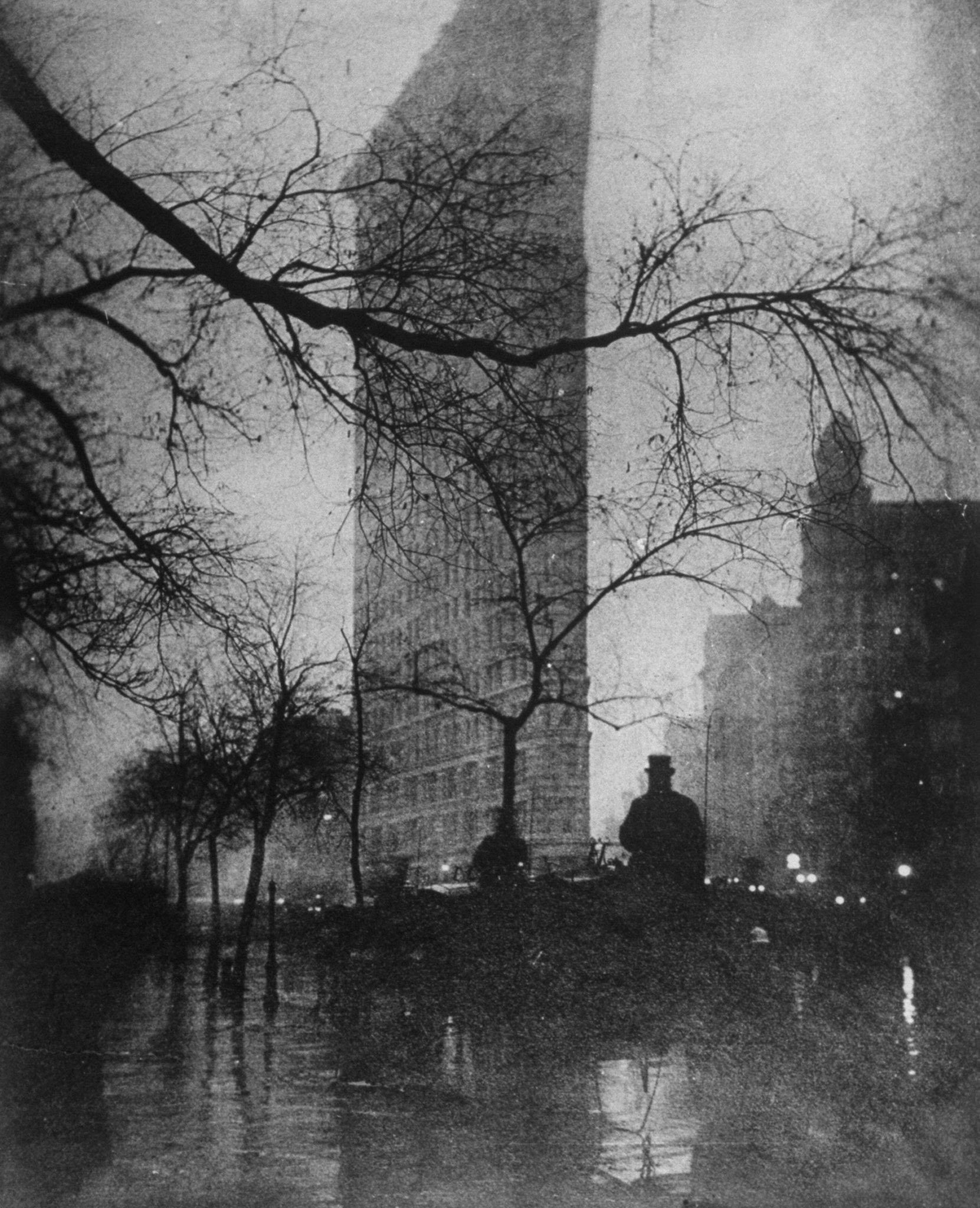
Steichen is regarded as the father of modern fashion photography and before World War II was the highest paid photographer in the world while for Vogue and Vanity Fair. In the post-war period, he became an influential gallery curator and was responsible for one of the most famous photography exhibitions ever, The Family of Man (1955).
22. Bert Hardy (1913-1995)

While working for Picture Post magazine, Hardy became one of Britain’s best-loved photographers and was known for his engaging, warm-hearted pictures of ordinary people. He also shot serious subjects, such as assignments during the Korean War. In the 1950s and 60s he became one of the UK most successful and highly-paid advertising photographers, a fact celebrated in a major retrospective earlier this year.
23. William Eggleston (born 1939)
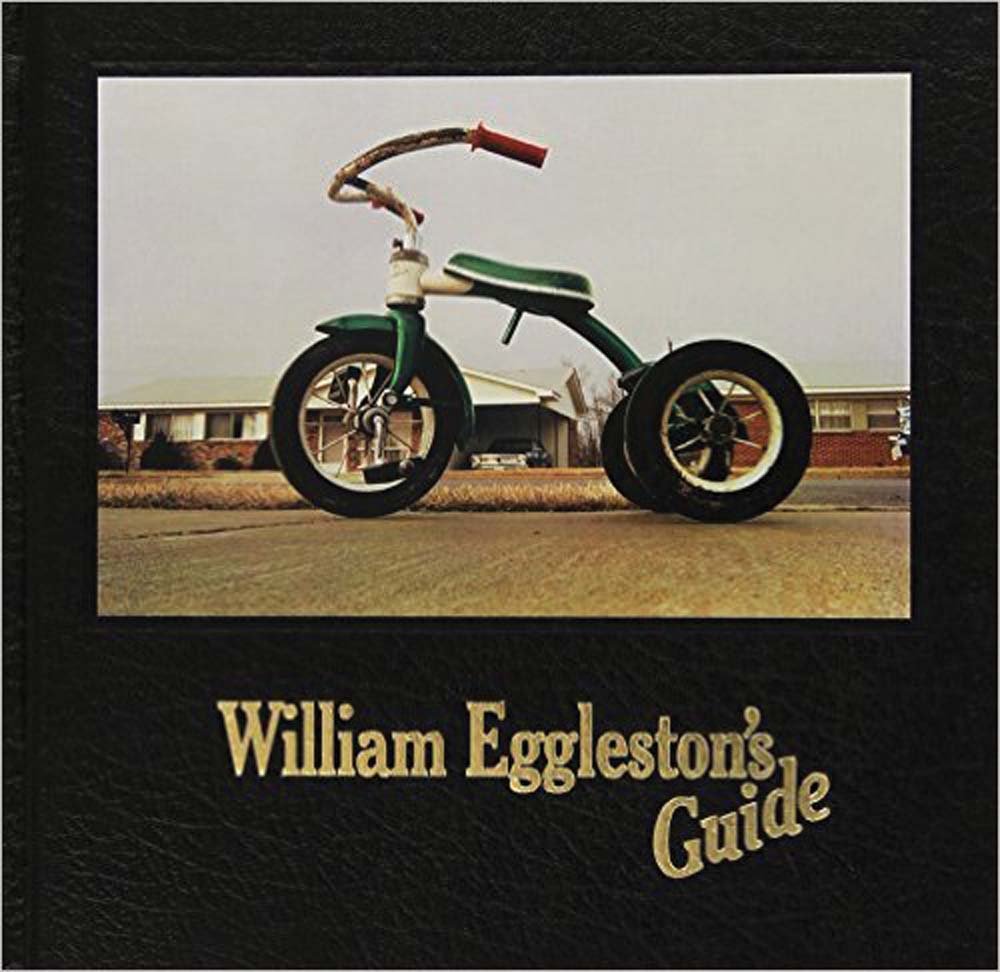
Eggleston is an American photographer who celebrates the extraordinary in the everyday. His ‘snapshot’ style, combined with his use of color-saturated dye-transfer printing methods, elevated ordinary subjects to the level of art. He’s now credited as being one of the key photographers whose work helped color photography become an accepted art-form.
24. Elliot Erwitt (1928-2023)
Erwitt was an American advertising and editorial photographer widely celebrated for his personal work. It ranged from sensitive studies of family life to witty, wryly humorous street pictures. His favourite subjects included people on beaches and in museums and he produced several books of his popular dog photographs. Last year he entered the Leica Hall of Fame in a celebration of his "pictures that touched the world".
25. Steve McCurry (born 1950)
McCurry is one of the world’s most popular living photojournalists. A long-time member of the Magnum agency and National Geographic contributor, his varied career has included war reporting, coverage of natural disasters, travel photography and portraiture. His most iconic picture is the 2002 image titled Afghan Girl. To learn more, read our exclusive interview with McCurry.
26. Robert Frank (1924-2019)
Frank started out as an editorial and commercial photographer, but his 1958 published his seminal book of documentary photography, The Americans. Made on a road trip around the country, it gave a personal, outsider’s view of its people. It was unconventional in style and technique, but was hugely influential. He later turned to film-making and autobiographical photography. Four years after his death, the book Goin' Down the Road with Robert Frank painted an intimate portrait of this enigmatic and inspirational photographer.
27. Philippe Halsman (1906-1979)
Halsman specialised in portraits and fashion and he worked for high-profile magazines including Vogue and Life. Style, panache and visual inventiveness were central to his work and he photographed major figures of his era including Albert Einstein and Winston Churchill. His most famous image is his surreal masterpiece, Dali Atomicus.
28. David Bailey (born 1938)
Bailey shot to fame as a streetwise fashion and portrait photographer in the 1960s with direct, memorable black and white images of celebrities including the Beatles, Michael Caine and model Jean Shrimpton. He remained one of the best-known British photographers for many decades, but sadly has been suffering from vascular dementia since 2021.
29. Man Ray (1890-1976)
Ray was a painter, film-maker and sculptor as well as a creative and innovative photographer who loved to break established ‘rules’. Influenced by Surrealism, his best-known images were made using solarisation or cameraless photography such as photograms. His inventiveness and experimentation took photography to a new creative level. A new book released this year, Man Ray: Liberating Photography celebrates this pioneering photographer.
30. Martin Parr (1952-2025)
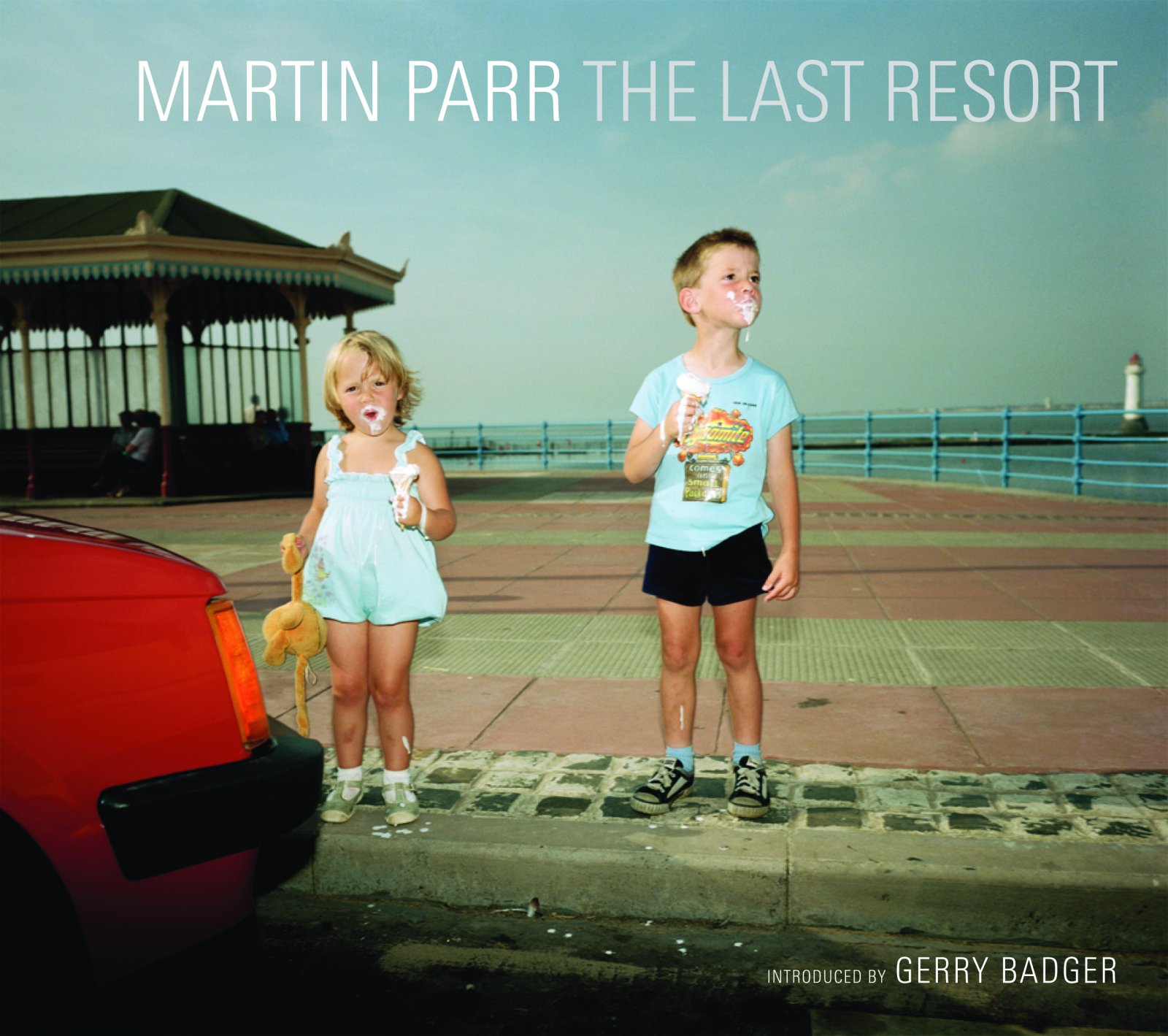
Some regarded Martin Parr as a witty observer of contemporary life, while others saw him as an intellectual elitist. His signature style – ironic and sometimes acerbic color-saturated images shot with fill flash – has divided opinion, but he’s undoubtedly one of the most successful documentary photographers of his era, and one of the best-known members of the Magnum agency.
31. Horst P Horst (1906-1999)
Known for his long association with Vogue magazine, the German-born Horst shot fashion, portraits, nudes and still life photographs that had a strong sense of style and elegance. His most famous image is Mainbocher Corset (1939), one of the best known fashion images of the 20th century.
32. Yousuf Karsh (1908-2002)
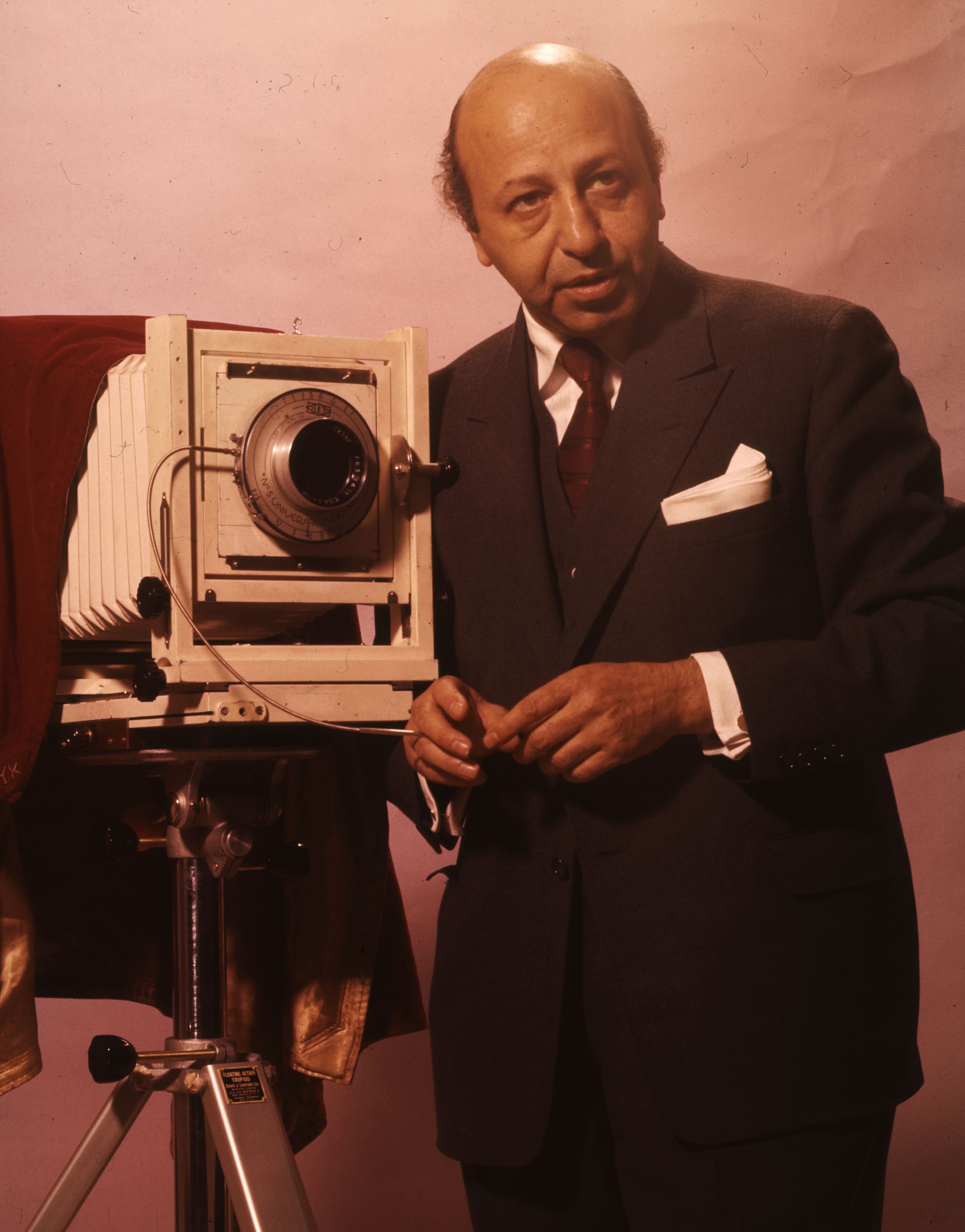
In the mid-20th century ‘Karsh of Ottawa’ was seen as one of the world’s most important portrait photographers. A craftsman known for his meticulous and dramatic lighting, his images celebrated statesmen, artists, performers and royalty. His best-known portraits featured major figures including Winston Churchill, Ernest Hemingway and Albert Einstein.
33. André Kertész (1894-1985)
Hungarian-born Kertész, was an innovative and influential photographer who explored a range of genres: street pictures, portraits, cityscapes, still lifes and distorted nudes. He had an innate ability to find the poetic in the everyday. Images he made that are now regarded as iconic include Chez Mondrian (1926) and The Fork (1928).
34. Alfred Eisenstaedt (1898-1995)
One of the world’s most famous photojournalists in his era, Eisenstaedt shot over 2500 assignments for Life magazine. They included photo-essays on subject including John F Kennedy and devastated cities in Japan after World War II. His best-known single image is VJ Day in Times Square, which shows a sailor spontaneously kissing a nurse.
35. Frans Lanting (born 1951)
Lanting is one of the most celebrated nature photographers working today. Long associated with National Geographic magazine, he has spent the last 35 years photographing wildlife around the world. His ambitious seven-year project Life: A Journey Through Time (2006) told ‘the story of life from its earliest beginnings to its present diversity.’
36. W. Eugene Smith (1918-1978)
Single-minded in his pursuit of a story, Smith photographed on the front line in World War II before becoming a key figure in the development of the photo-essay. His work includes Country Doctor for Life magazine, though his best-known photo-essay is a landmark two-year project documenting the industrial city of Pittsburgh, Pennsylvania.
37. Walker Evans (1903-1975)
An important American documentary photographer, Evans is most famous for his work in the 1930s on poverty-stricken sharecropper families during the Depression era. His poetic work celebrated the beauty in everyday life and he mainly worked using large-format 10x8 cameras for maximum detail and clarity.
38. Annie Leibovitz (born 1949)
Working for magazines such as Rolling Stone, Vanity Fair and Vogue, Leibovitz has become the most famous portrait photographer working today. She’s known for elaborate, imaginative big-budget productions featuring many of the world’s best-known celebrities. Her most iconic images include portraits of John Lennon on the day he was murdered and a naked and pregnant Demi Moore.
39. James Nachtwey (born 1948)
Five times-winner of the prestigious Robert Capa Gold Medal, Nachtwey is an American photojournalist and a founding member of the VII Photo Agency. His work includes covering wars, conflicts and social issues. He’s particularly known for his work on the war in Iraq and the 2001 terrorist attacks on the World Trade Center.
40. Diane Arbus (1923-1971)
Arbus’s own personal documentary style was to shoot intimate, intense and sometimes disturbing portraits of people on society’s margins. She photographed giants, circus performers, nudists and transgender people in ways that emphasised their outcast status. Her most famous images show a pair of identical twins and a young boy holding a toy hand grenade.
41. Art Wolfe (born 1951)
Art Wolfe is a prolific, restlessly creative nature and fine art photographer whose work has included landscapes, indigenous cultures and body-painted studio nudes. During his 40-year career he has produced over 90 books, including The Living Wild, which focused on the urgent need for conservation, and Vanishing Act, which concentrated on camouflage in nature.
42. Lewis Hine (1874-1940)
Starting work in the early years of the 20th century, Hine was an important documentary photographer who photographed the poor conditions in American factories. Despite frequently being threatened by factory owners, he focused on working conditions and child labor and his shocking images directly influenced changes in American employment law.
43. O Winston Link (1914-2001)
Although primarily a commercial photographer, Link’s best-known work, made in the late 1950s, is a celebration of the last days of steam railways in America. These romantic and atmospheric black & white photographs, some of which were achieved with pioneering night photography techniques, evoke an age that was fast disappearing.
44. Robert Mapplethorpe (1946-1989)
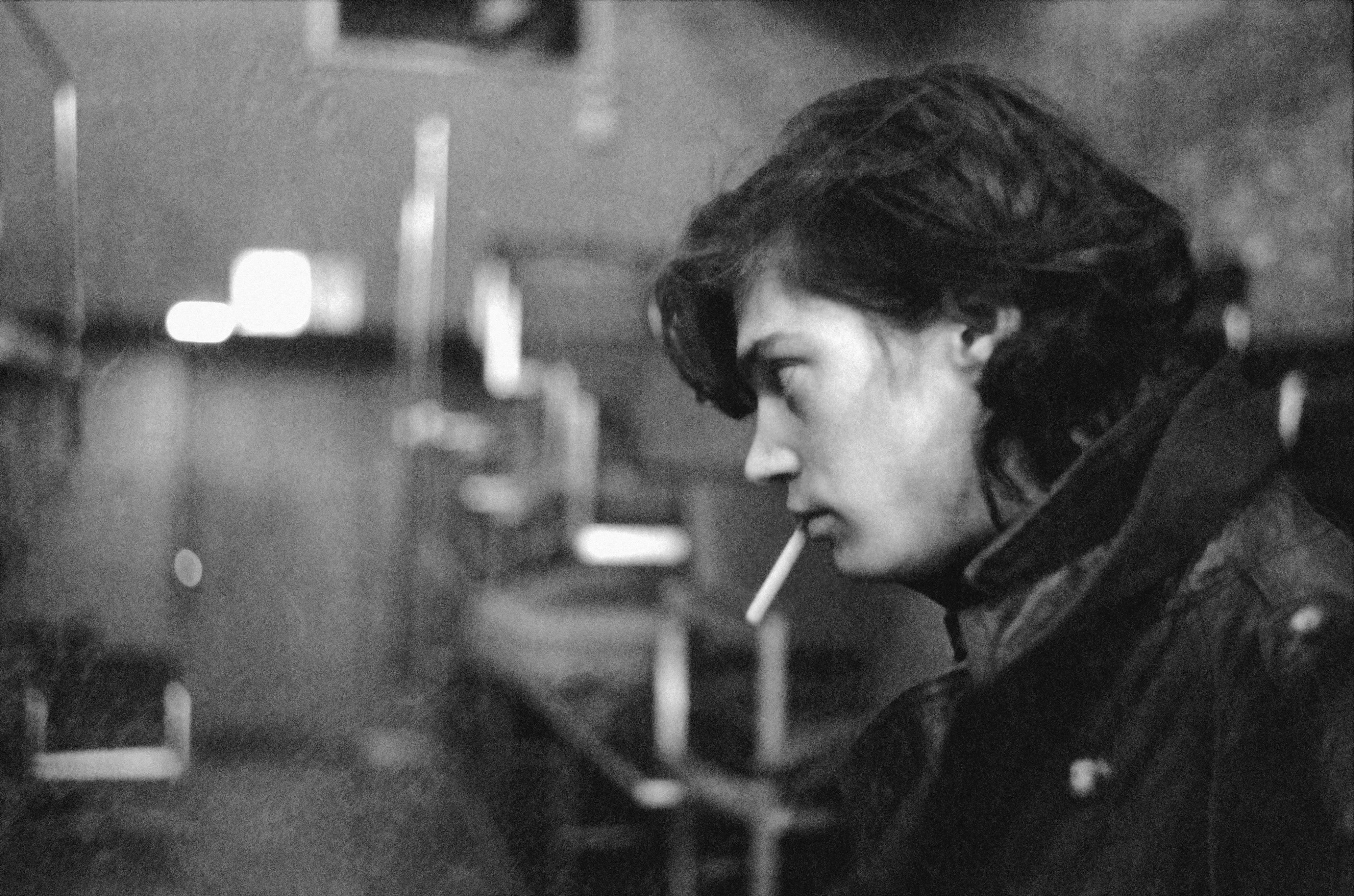
The cool precision and beautiful lighting of Mapplethorpe’s sensual flower studies has been widely praised, but he was also a photographer who deliberately courted controversy with graphic images of male nudes and gay sex. His career was prolific but brief; he died aged 42 after contracting AIDS.
45. David Doubilet (born 1946)
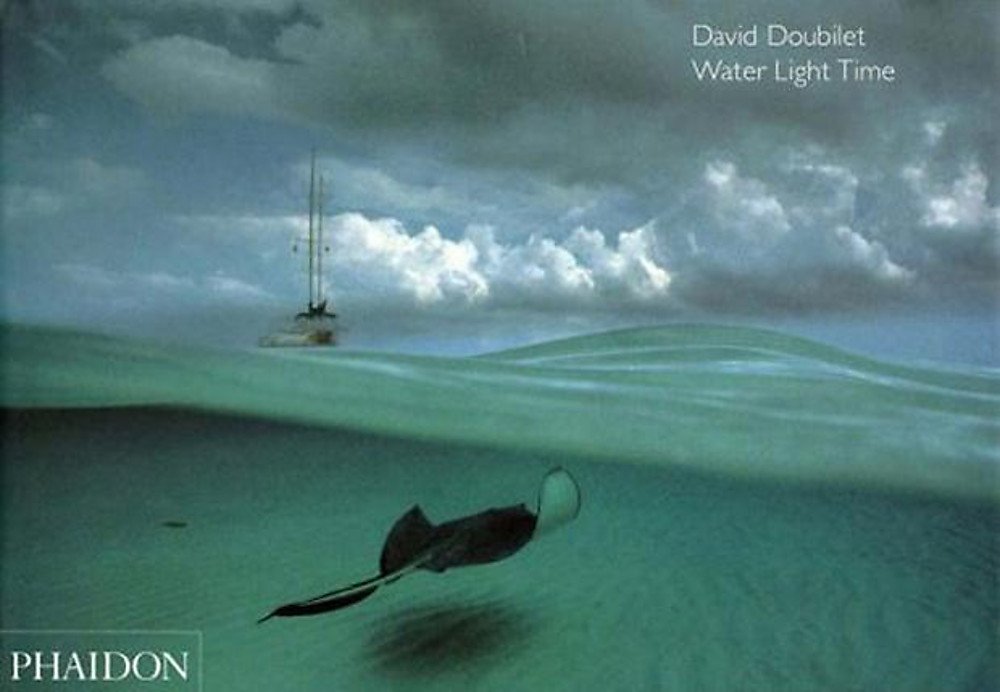
Doubilet is arguably the greatest underwater photographer. Working for National Geographic magazine since 1971, he has shot around 70 underwater stories from the southwest Pacific to the Botswana’s Okavanga Delta. He pioneered the technique of showing what’s above and below the water surface in the same image.
46. Weegee (1899-1968)
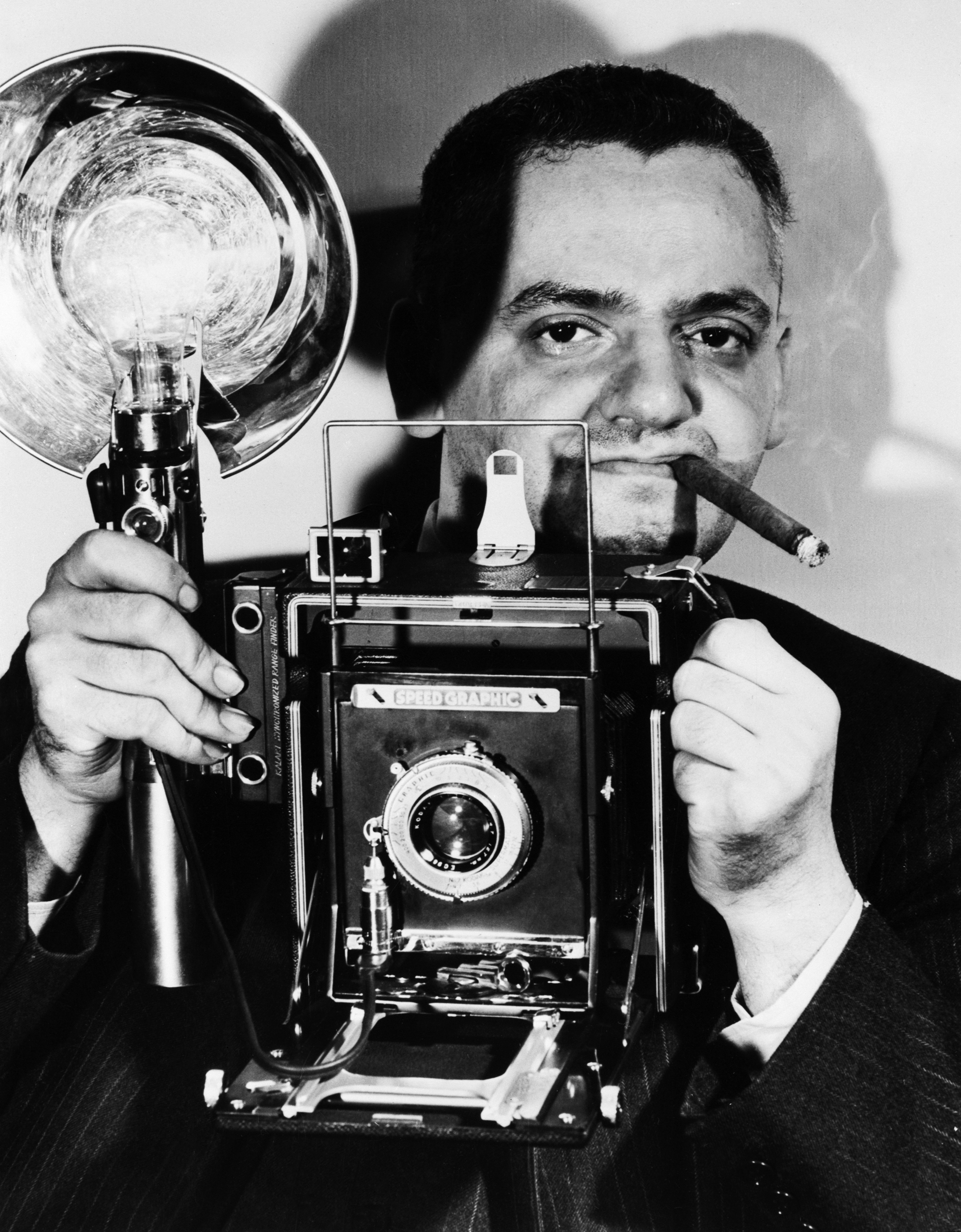
Weegee (Arthur Fellig) derived his nickname from the word ‘ouija’ because he always seemed have a sixth sense when the accidents and crime scenes he photographed would take place. His pictures, published widely in newspapers at the time, are now regarded as a fascinating document of city life in the 1930s and ‘40s.
47. Tony Ray-Jones (1941-72)
Although he died from leukaemia at just 30 years old, Tony Ray-Jones has had a big influence on documentary photography. His black & white images were observant, beautifully timed and wryly humorous. He was fascinated by the English and saw his countrymen with an outsider’s eye. He particularly focused on English behaviour and traditions and the class system.
48. Andreas Gursky (born 1955)
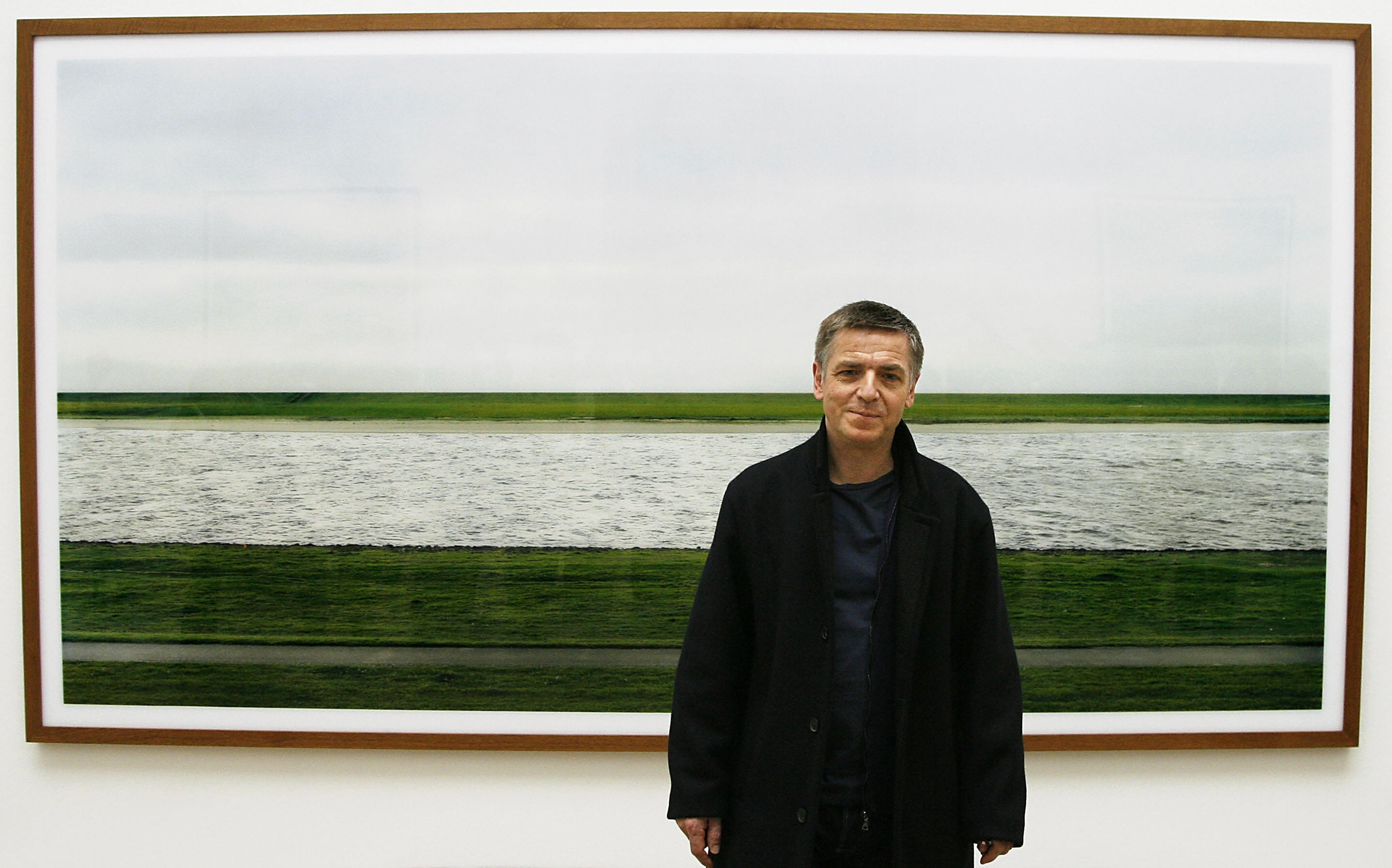
Gursky says he is “interested in the human species and its environment” and specialises in large-scale digitally-manipulated images that comment on the contemporary world. His subjects include the building interiors such as factories, airports and landscapes covered with solar panels. One image, Rhine II, sold for £2.7 million in 2011.
49. Michael Kenna (born 1953)
British-born Kenna is one of the most successful fine art landscape photographers working today. His much-copied black & white images, shot on medium-format film cameras, are frequently minimalist in style and exude a Zen-like sense of calm. They are often shot in remote locations with very long exposures.
50. Nick Knight (born 1958)
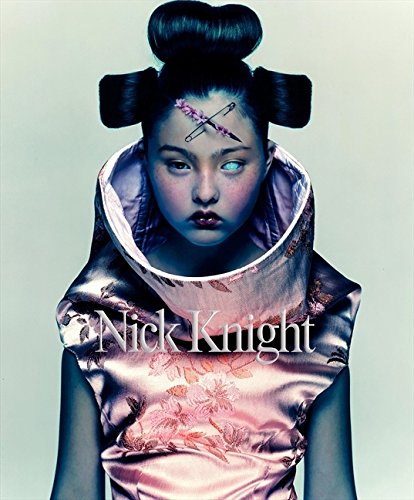
Knight is a radical and influential fashion and advertising photographer and video-maker whose often-confrontational images go against the accepted ideas of beauty. Shooting for major brands such as Alexander McQueen and Calvin Klein and magazines including Vogue, he has tackled a range of issues including racism and disability.
Read more
100 best photography quotes from famous photographers
25 best movies about real photographers
David Clark is a photography journalist and author, and was features writer on Amateur Photographer for nine years. He has met and interviewed many of the world's most iconic photographers and is the author of Photography in 100 Words: Exploring the Art of Photography with Fifty of its Greatest Masters.
You must confirm your public display name before commenting
Please logout and then login again, you will then be prompted to enter your display name.
